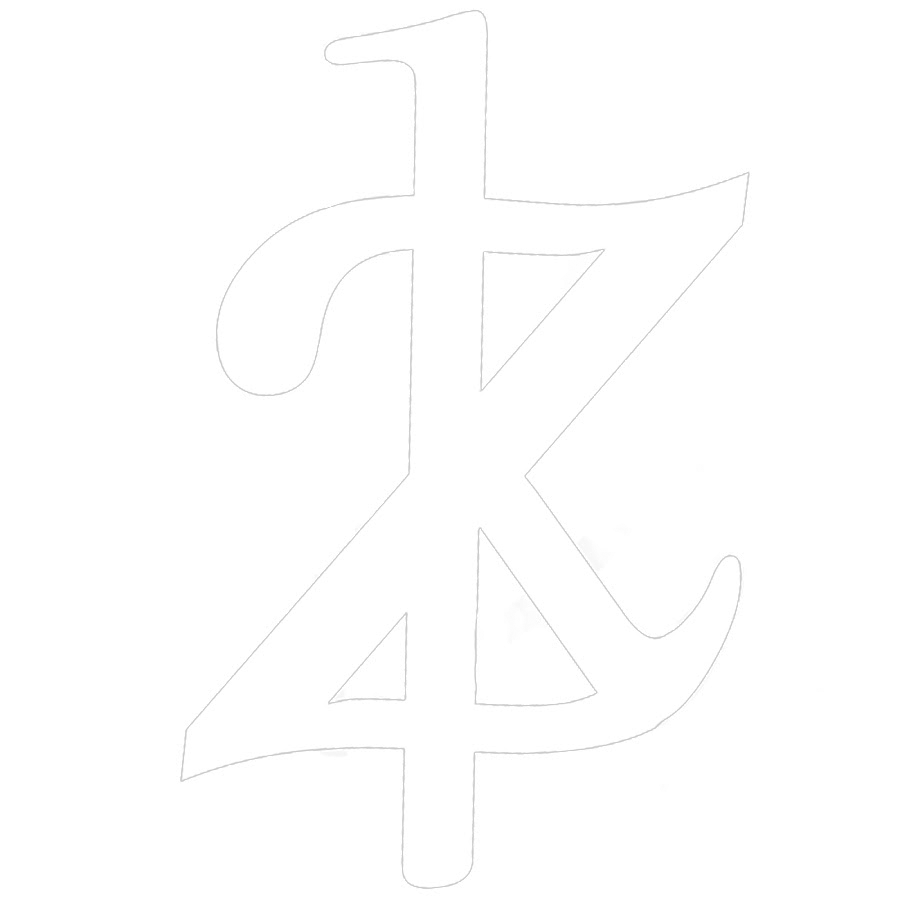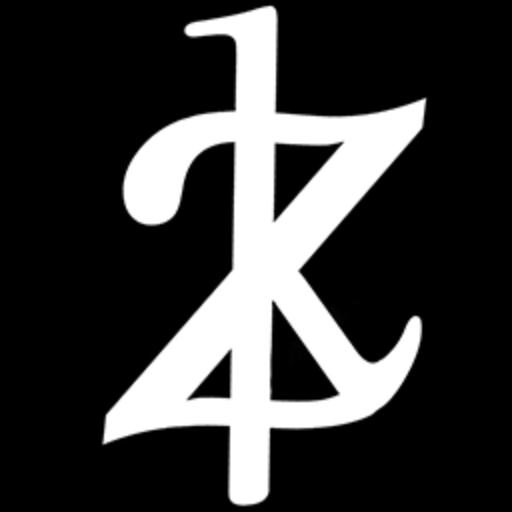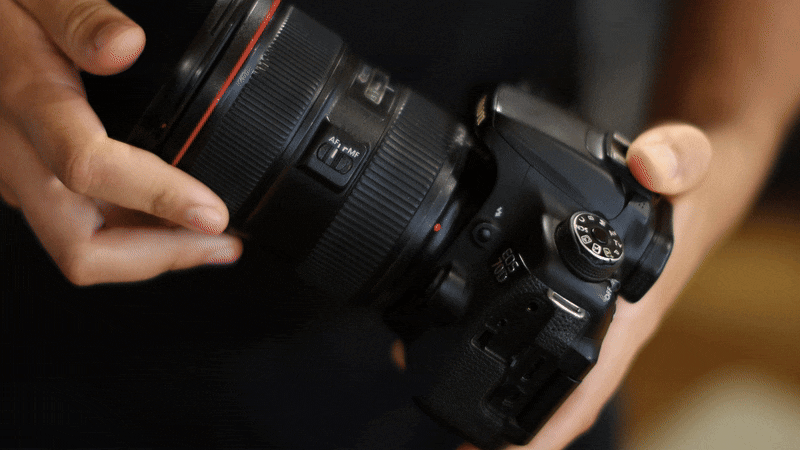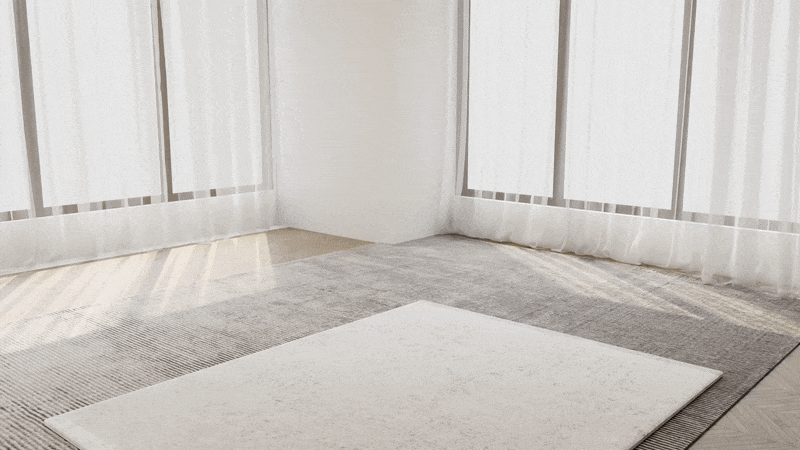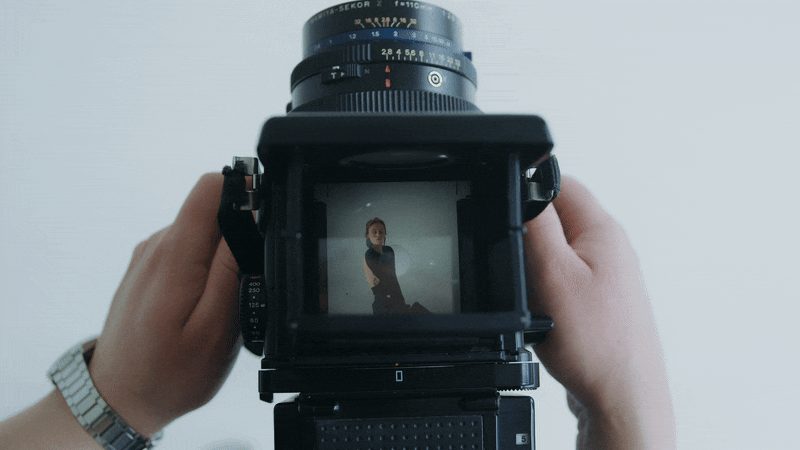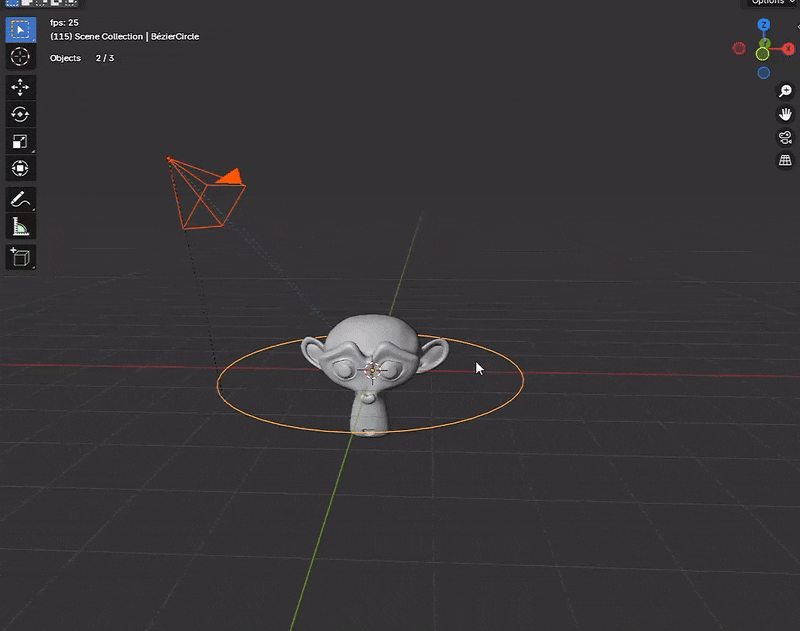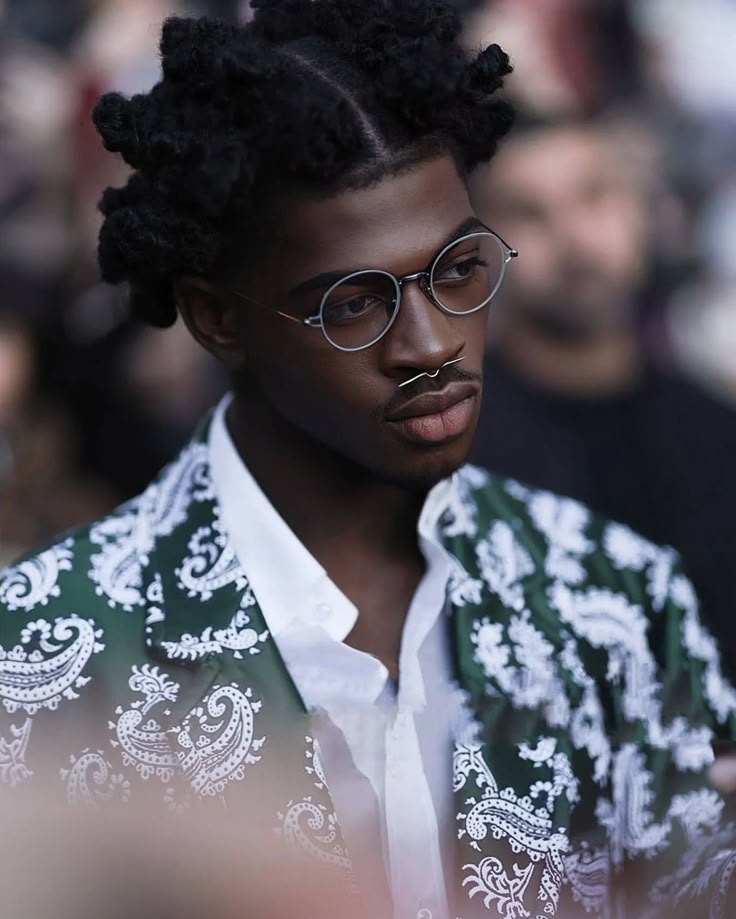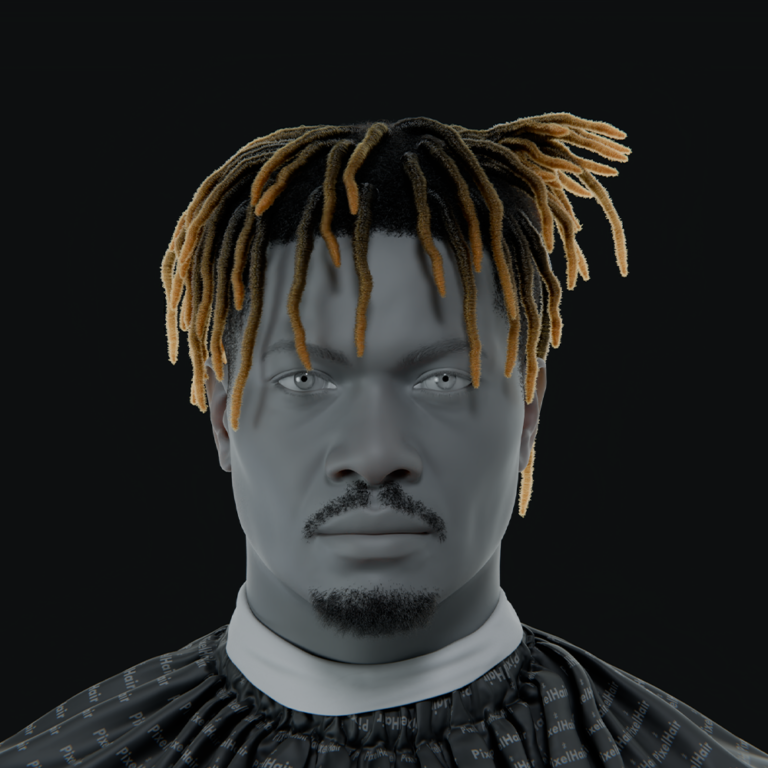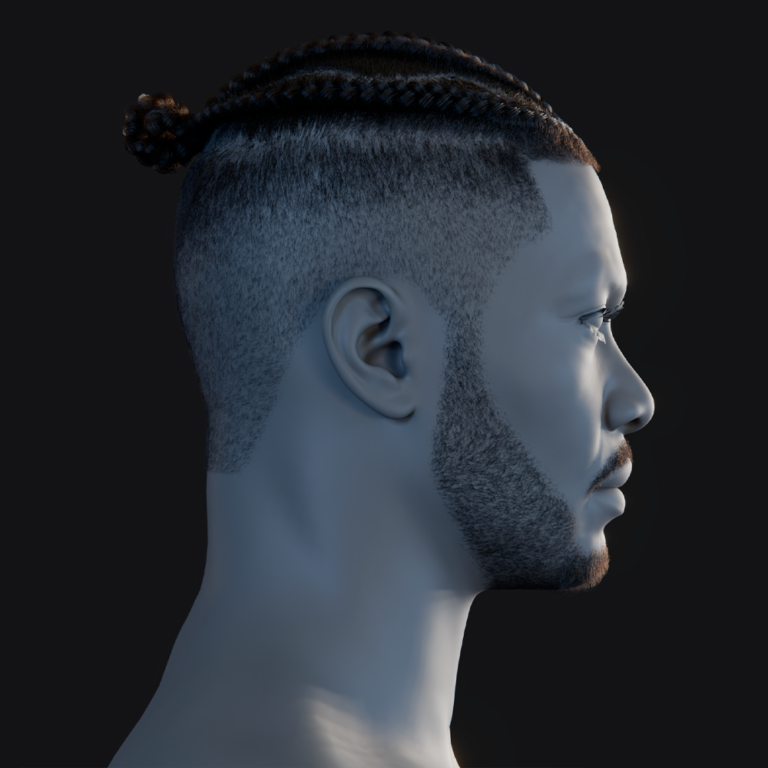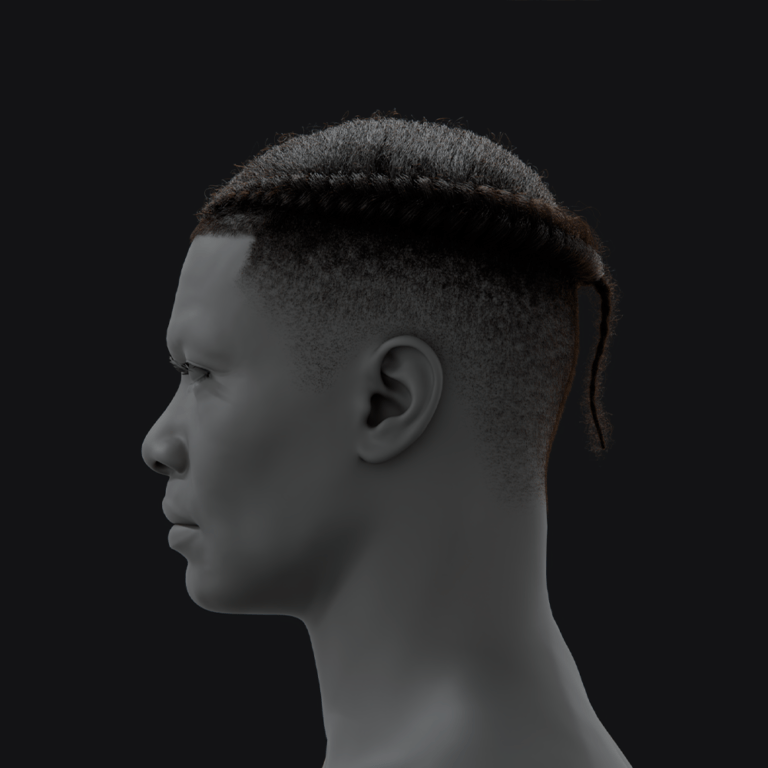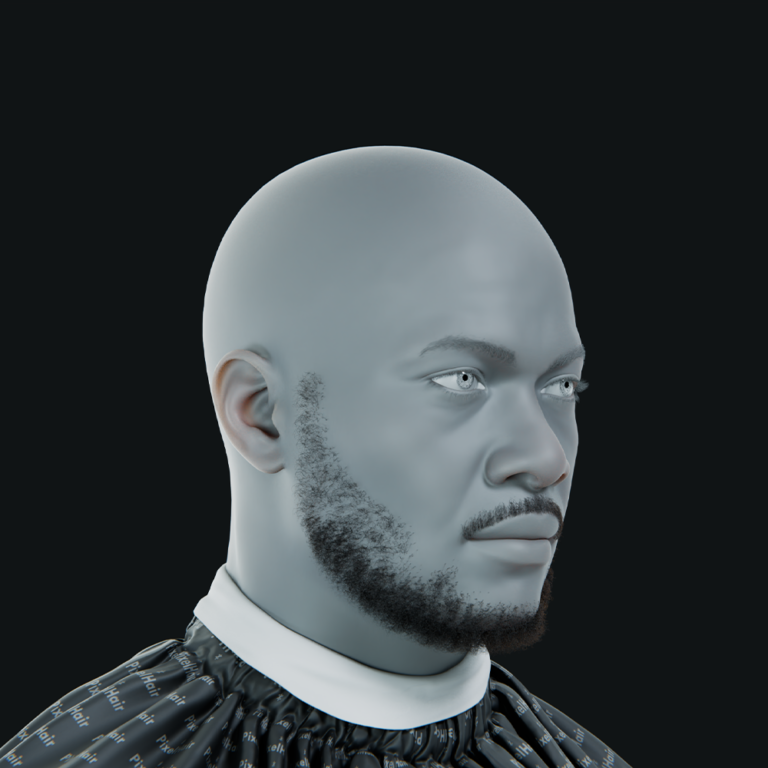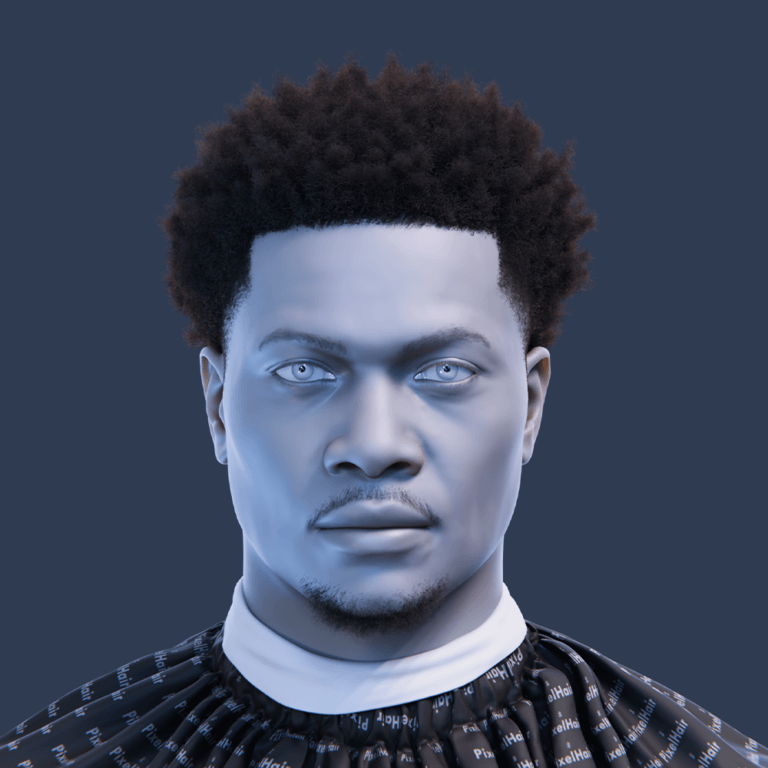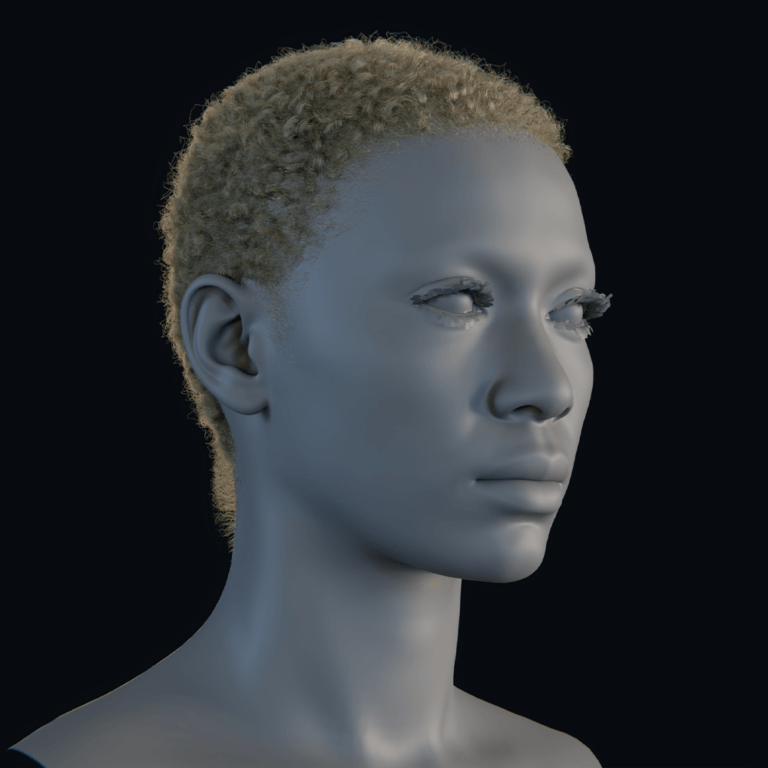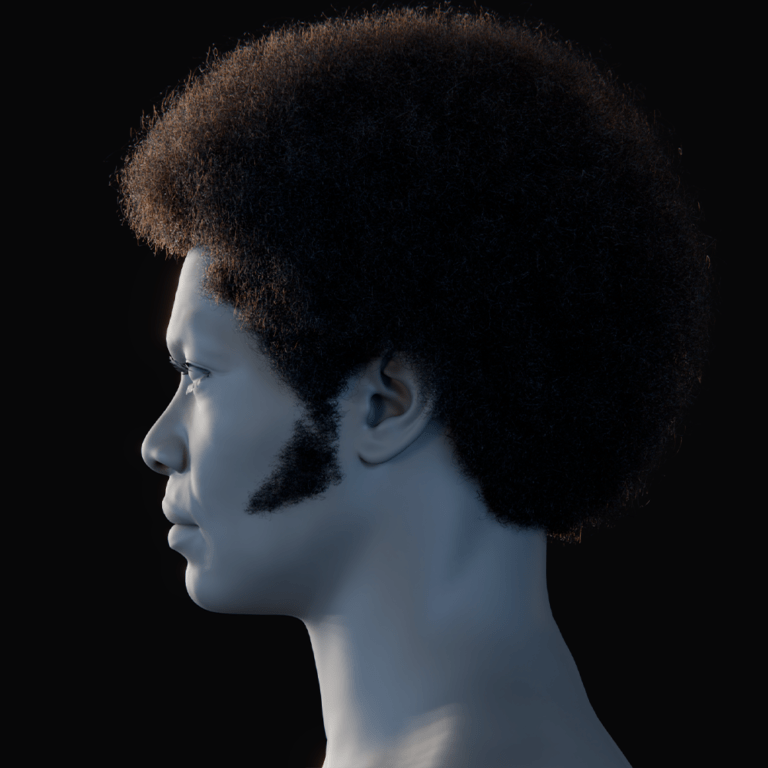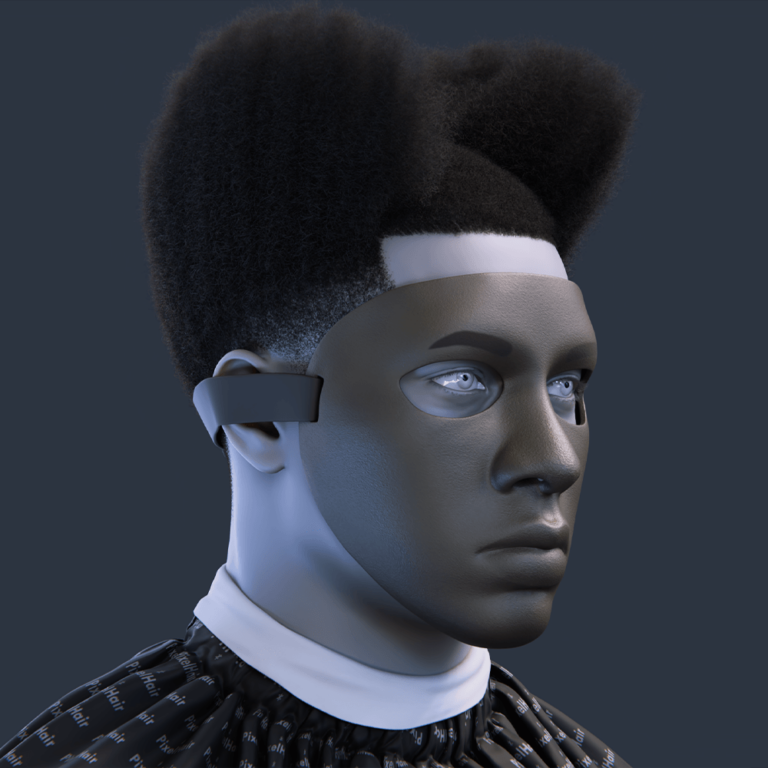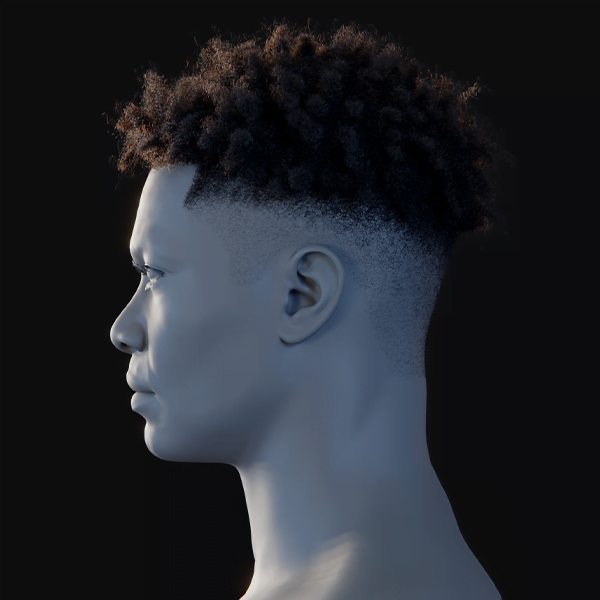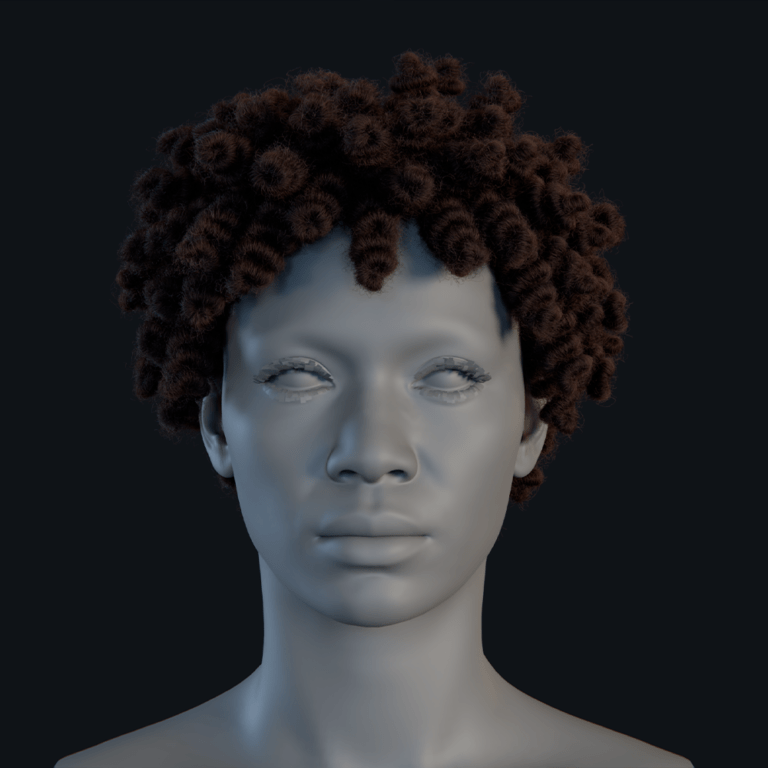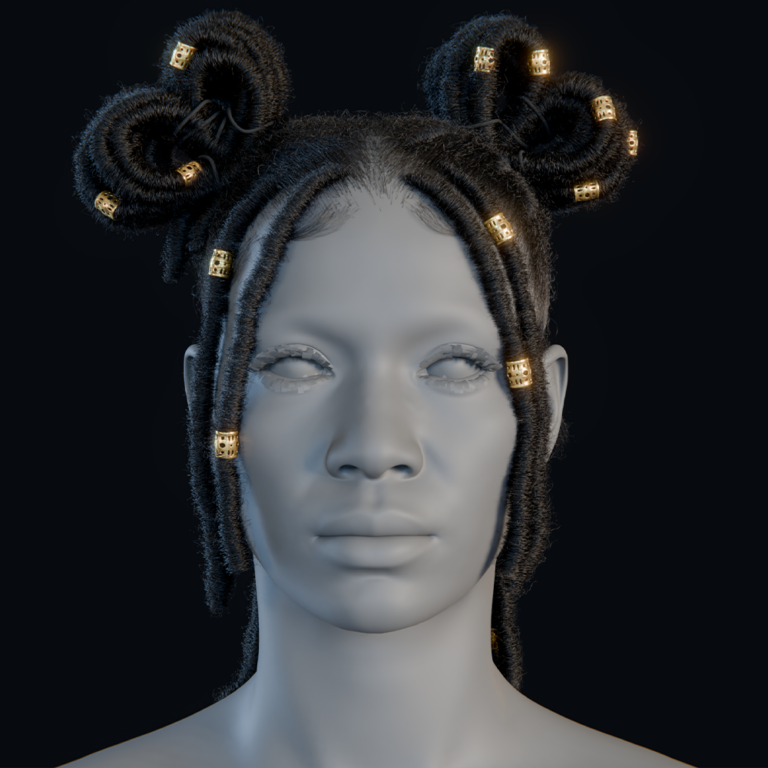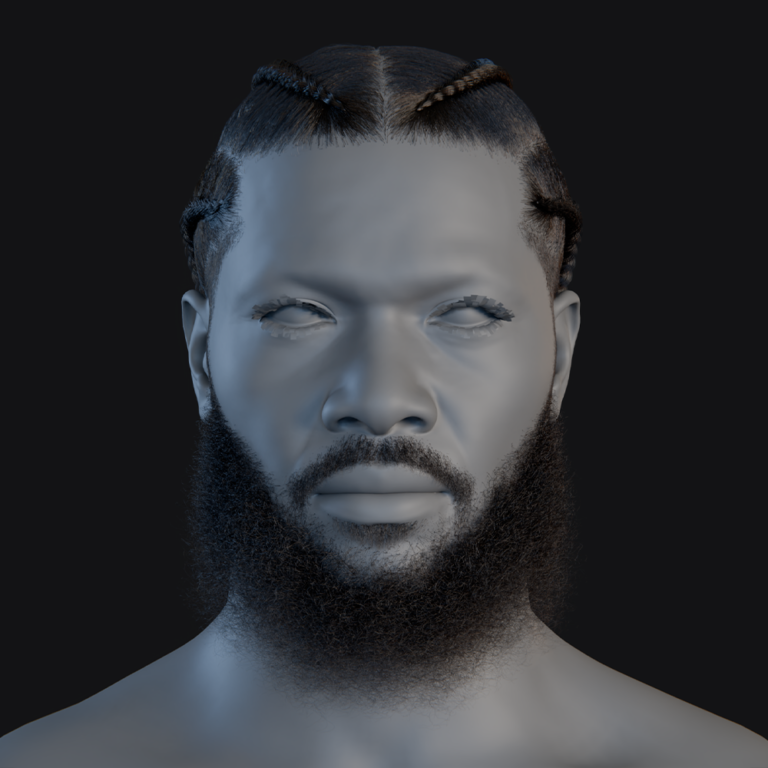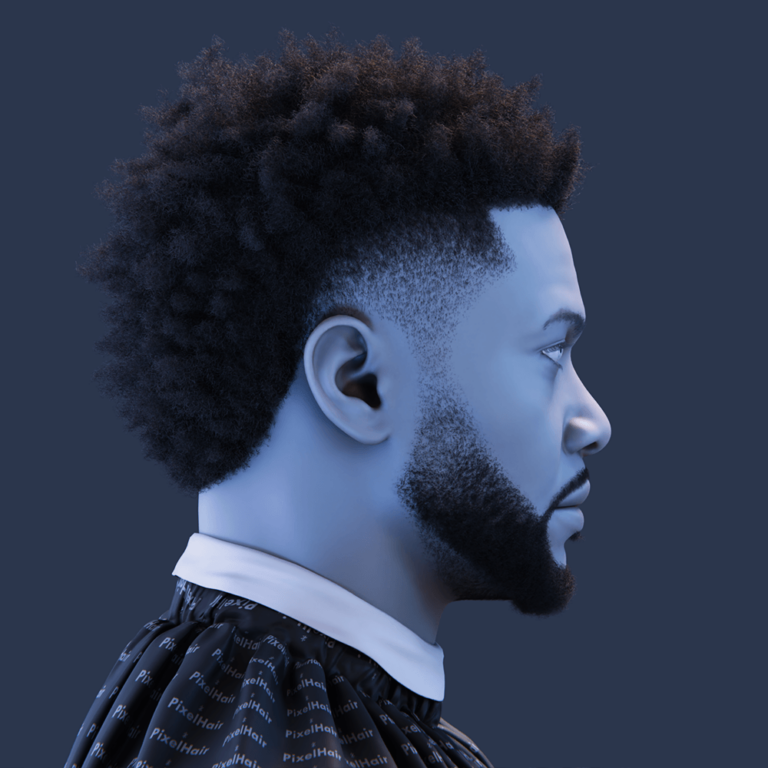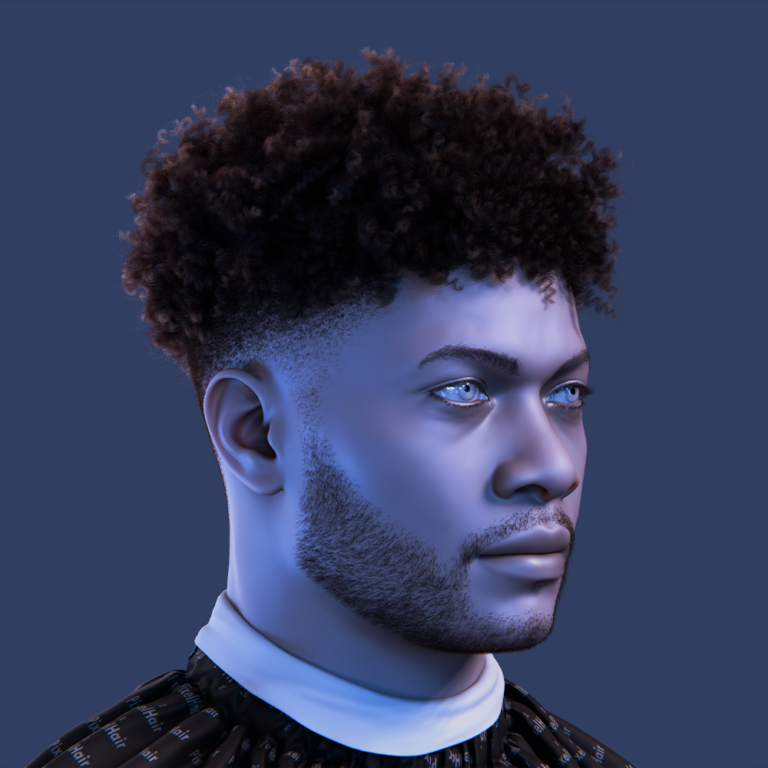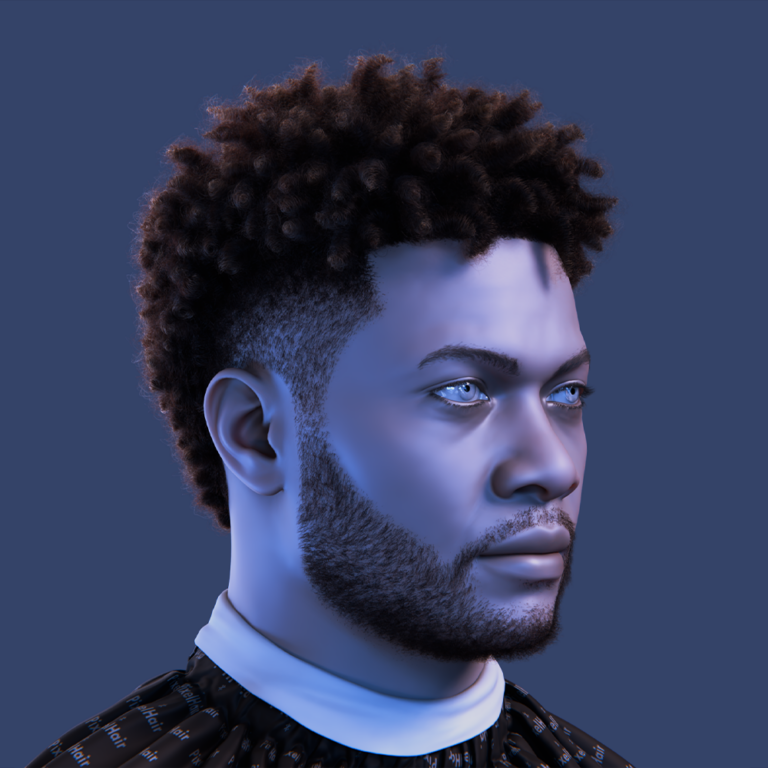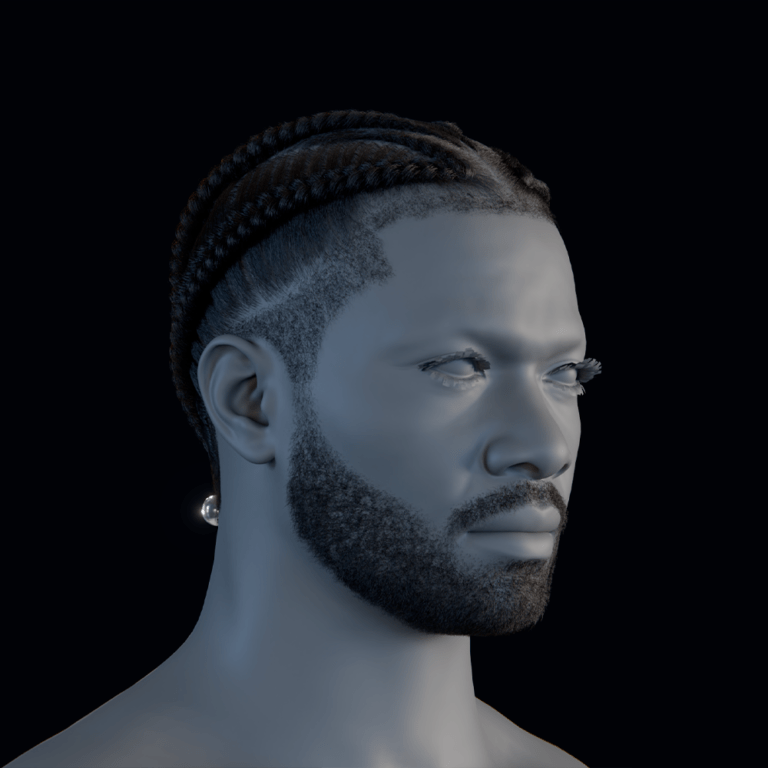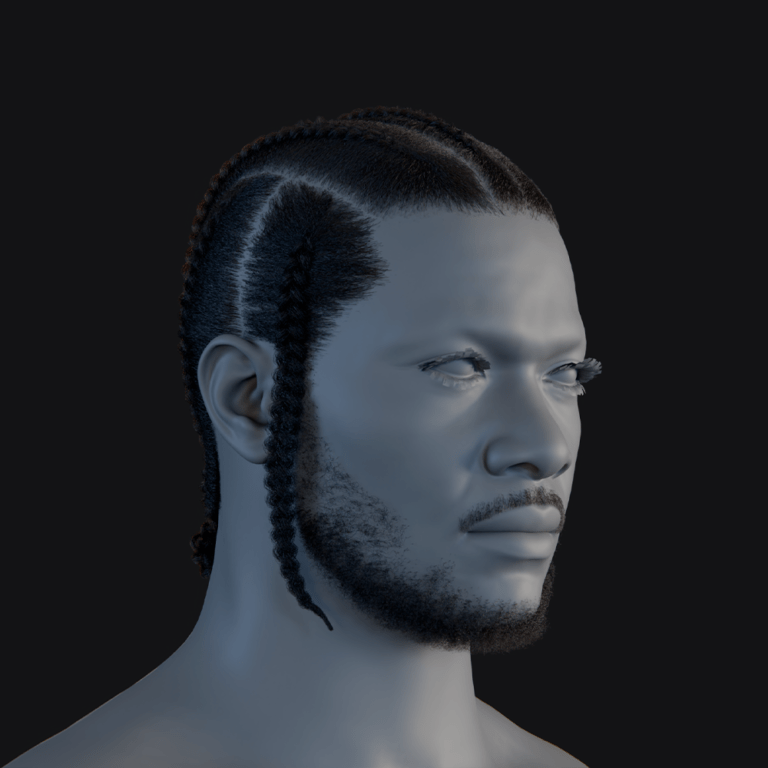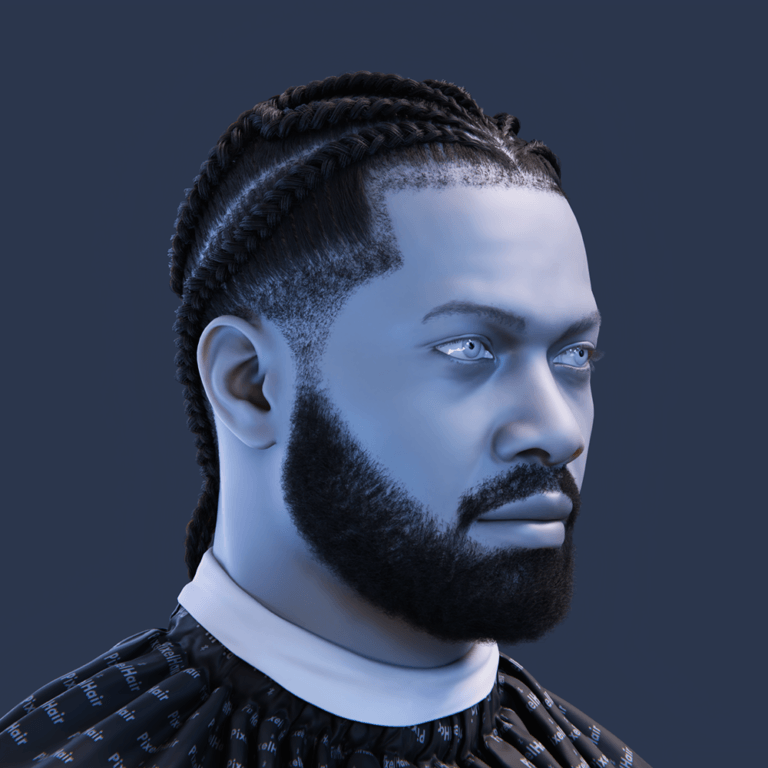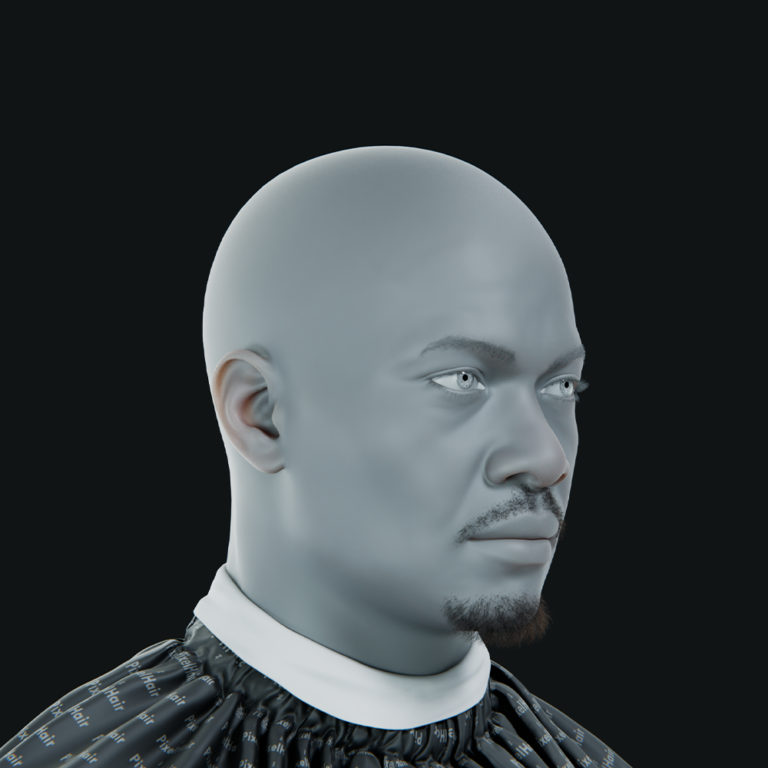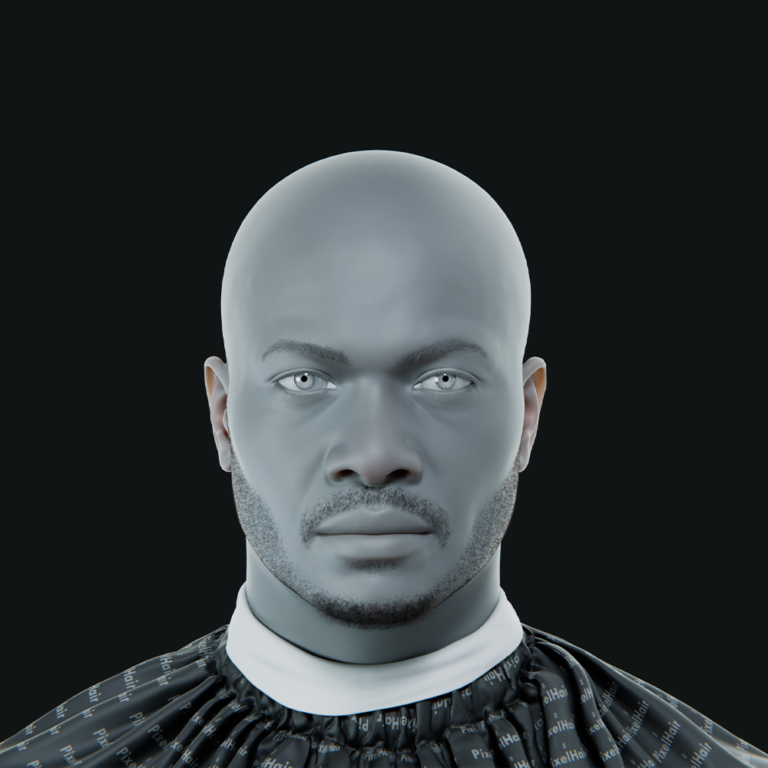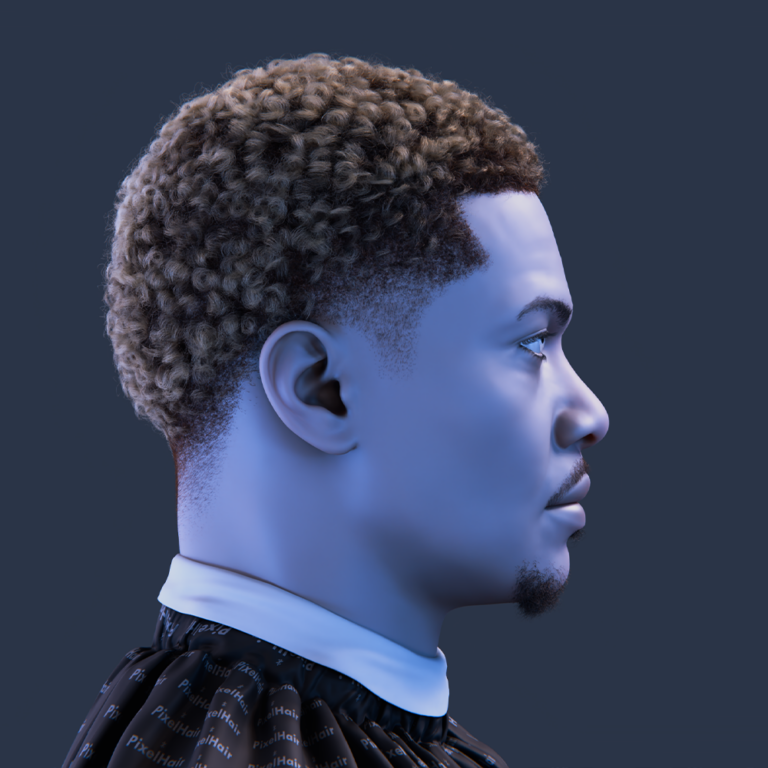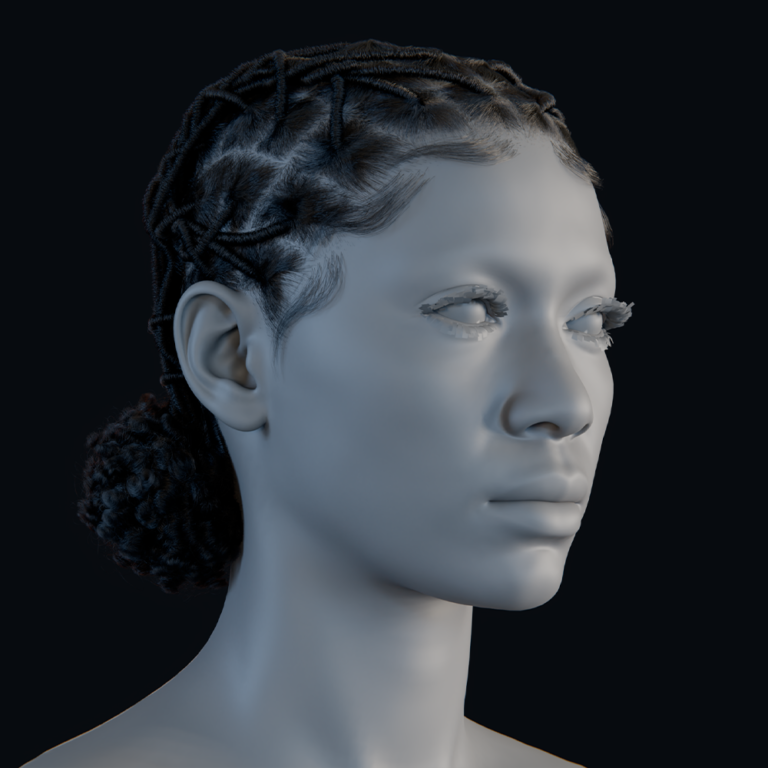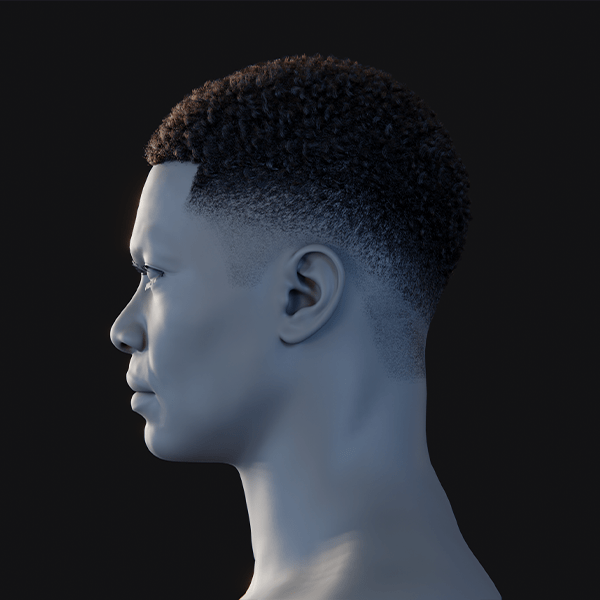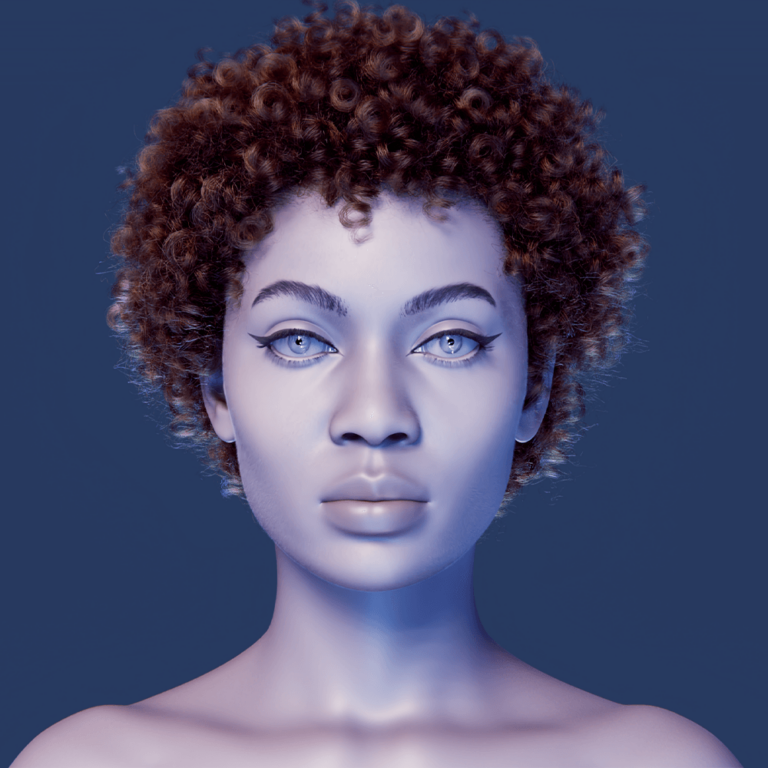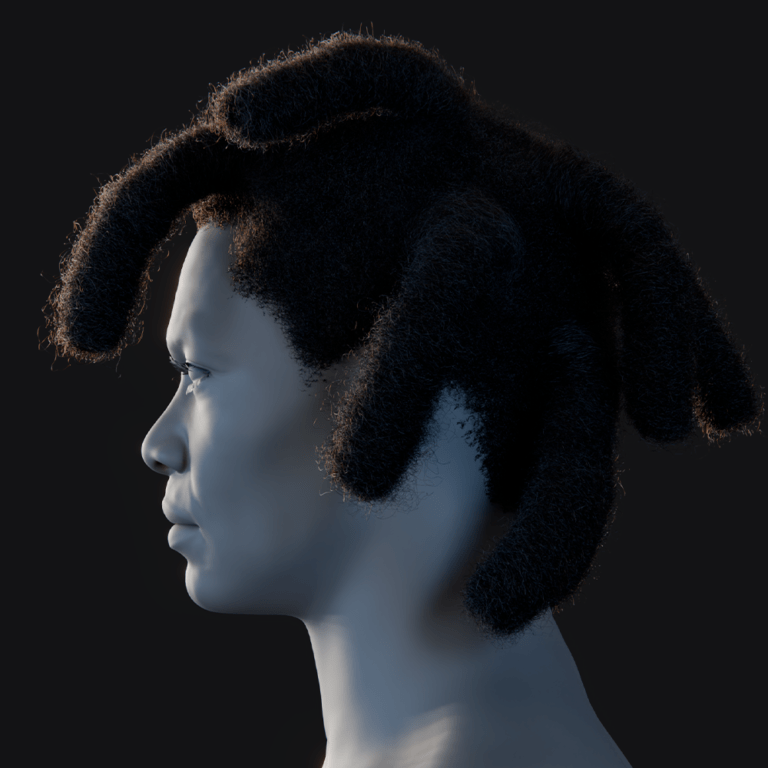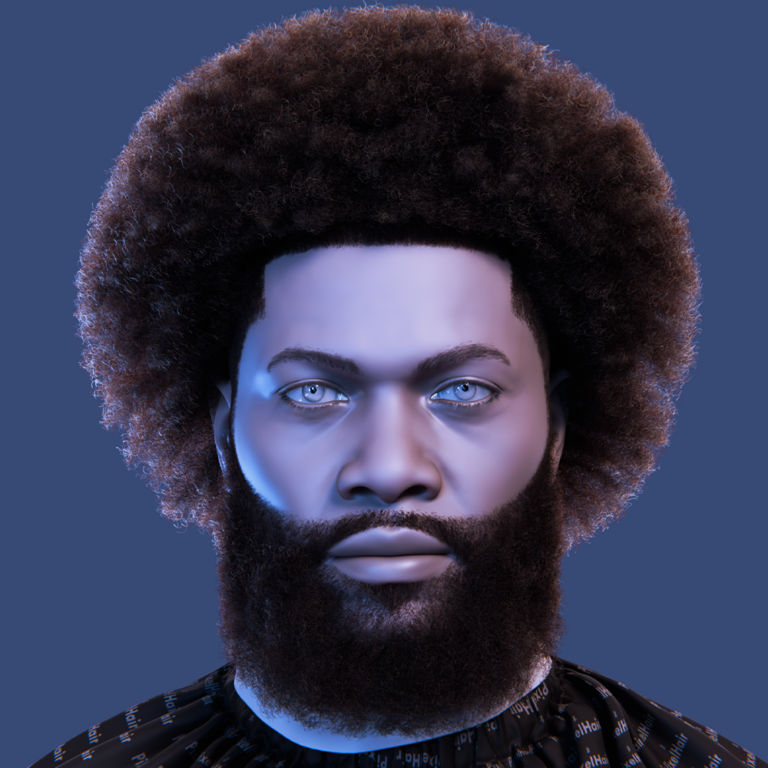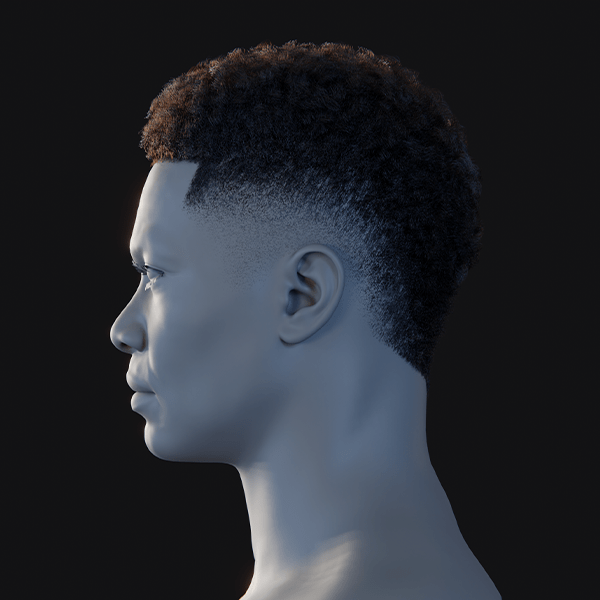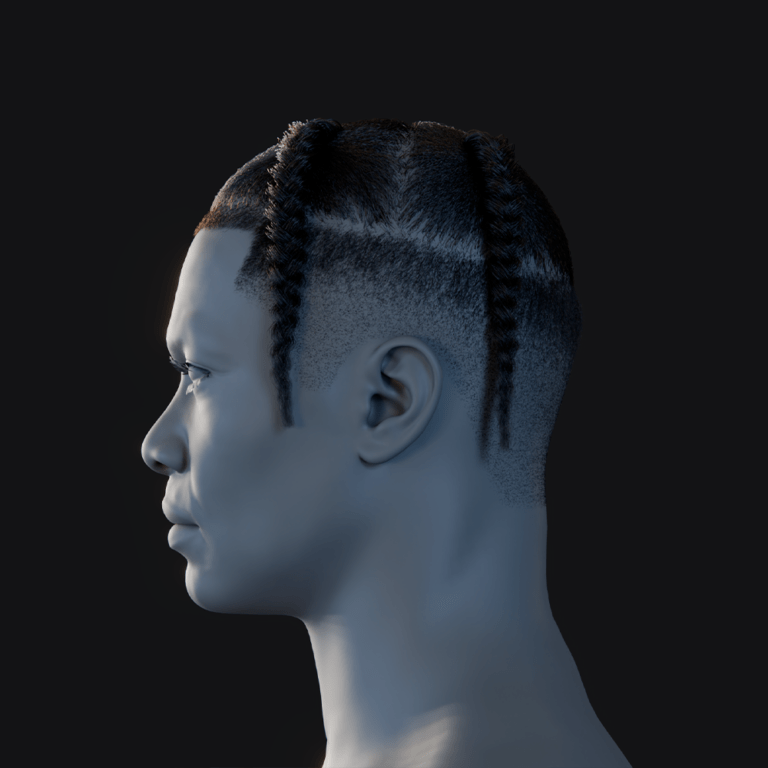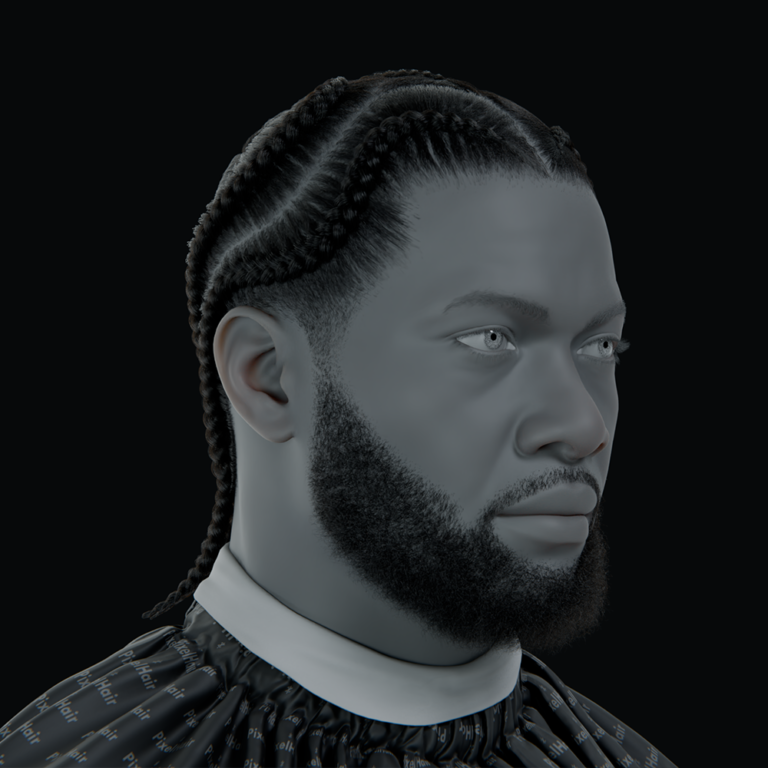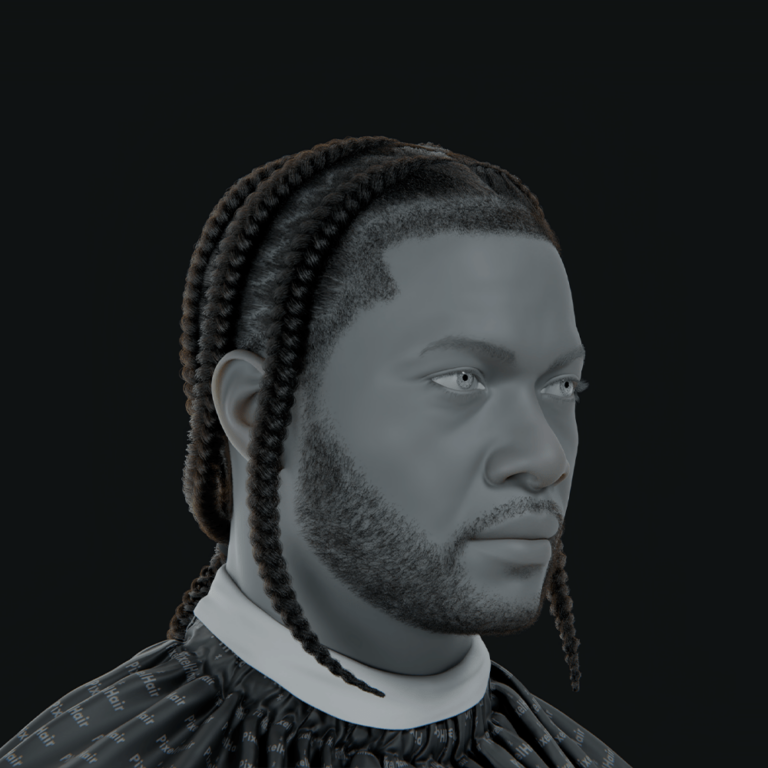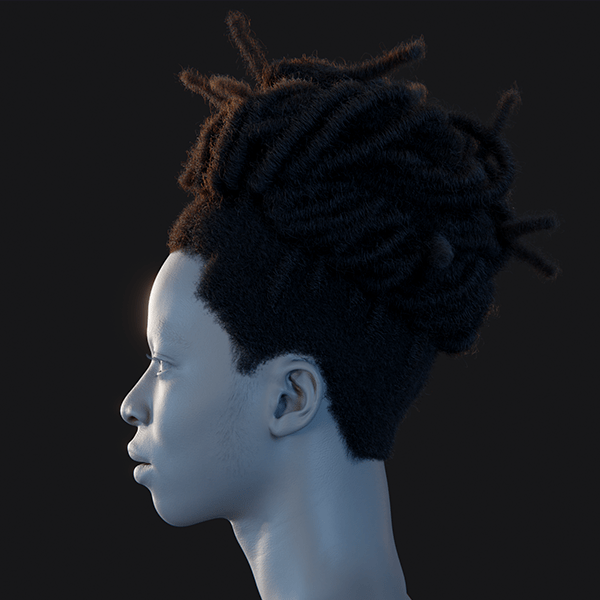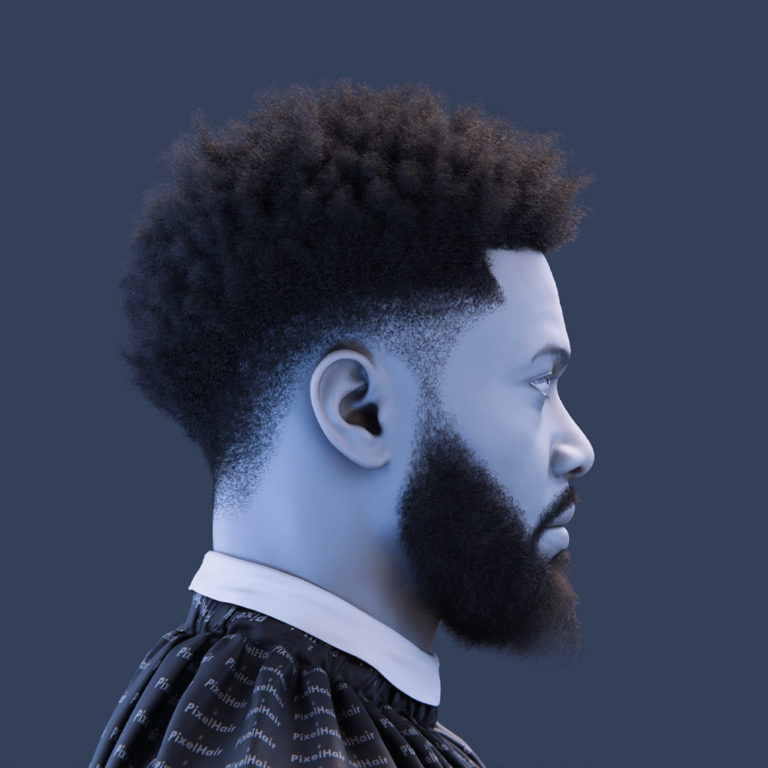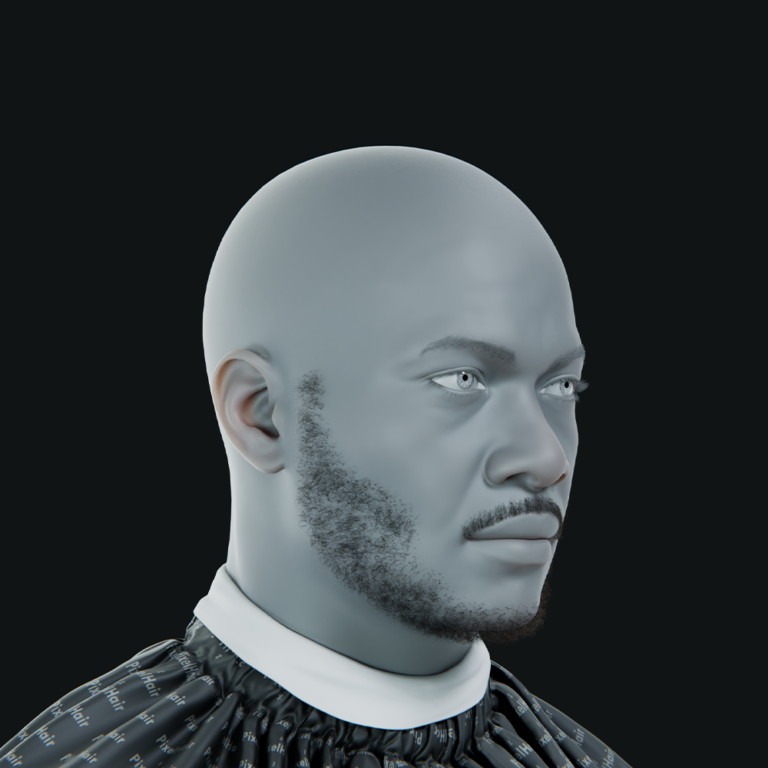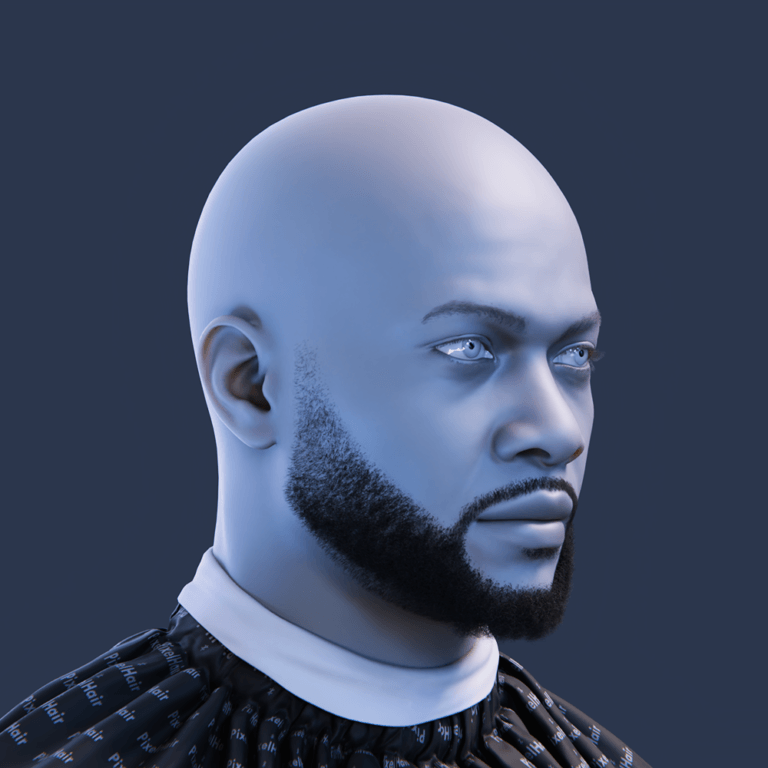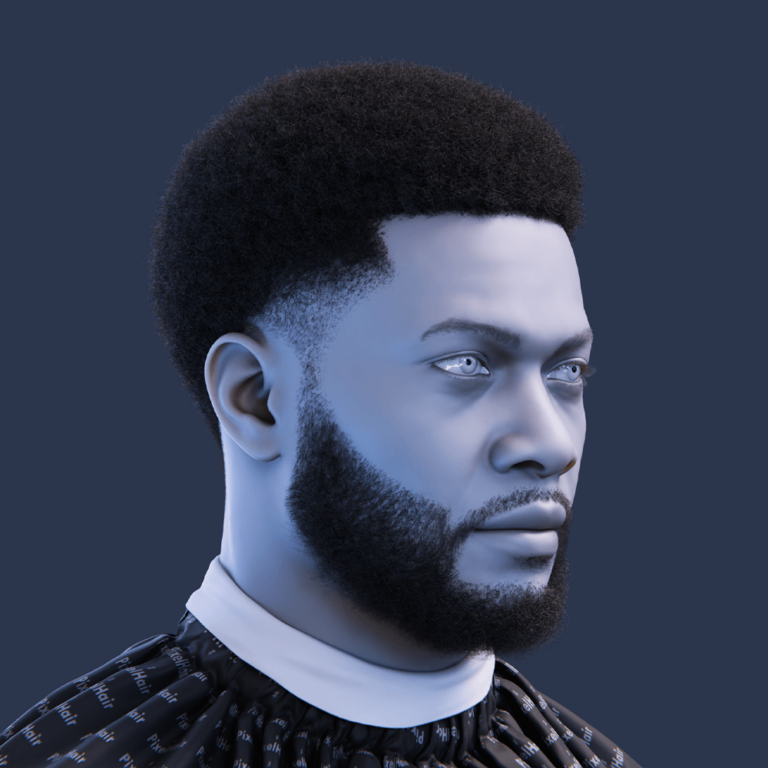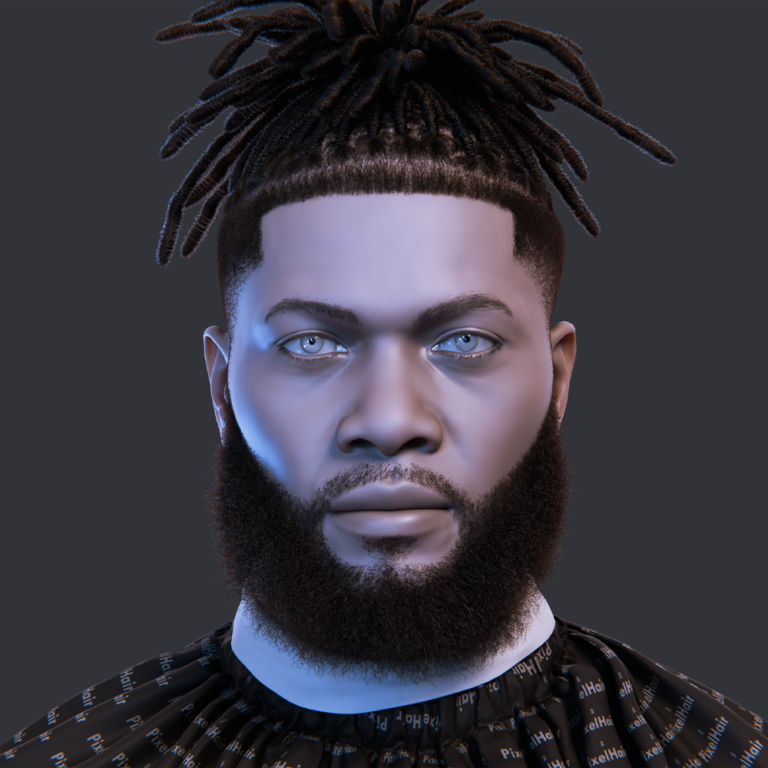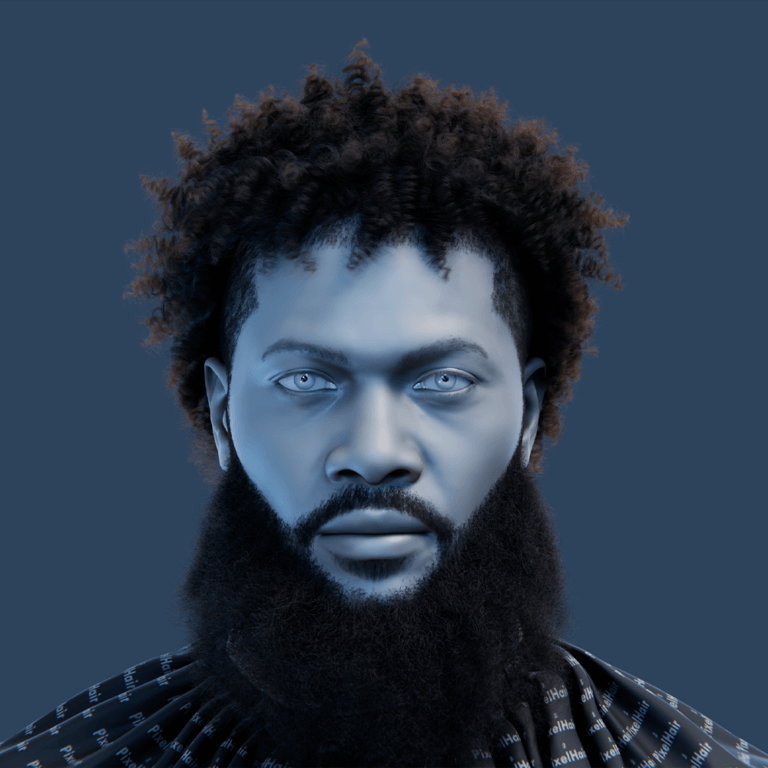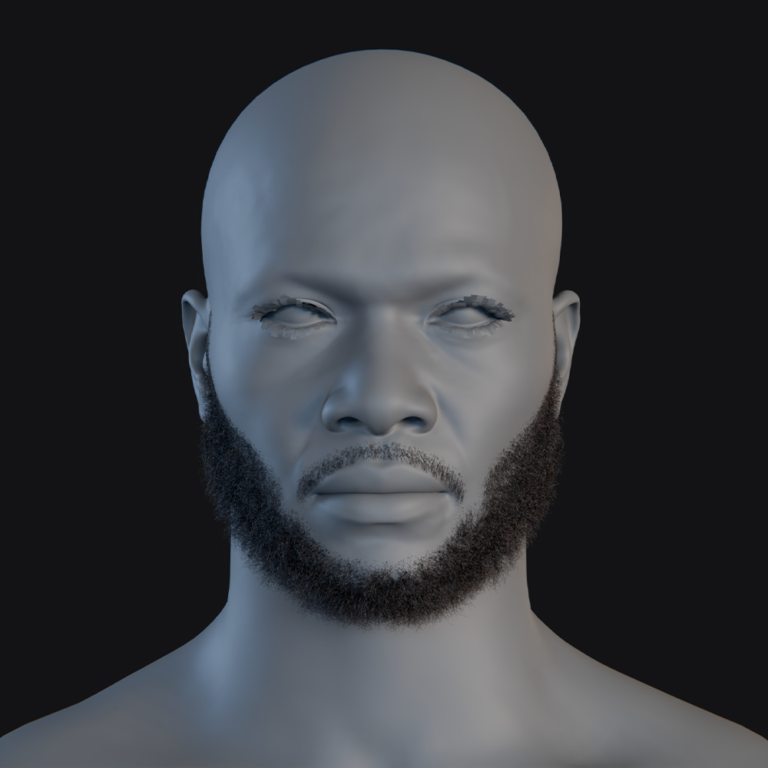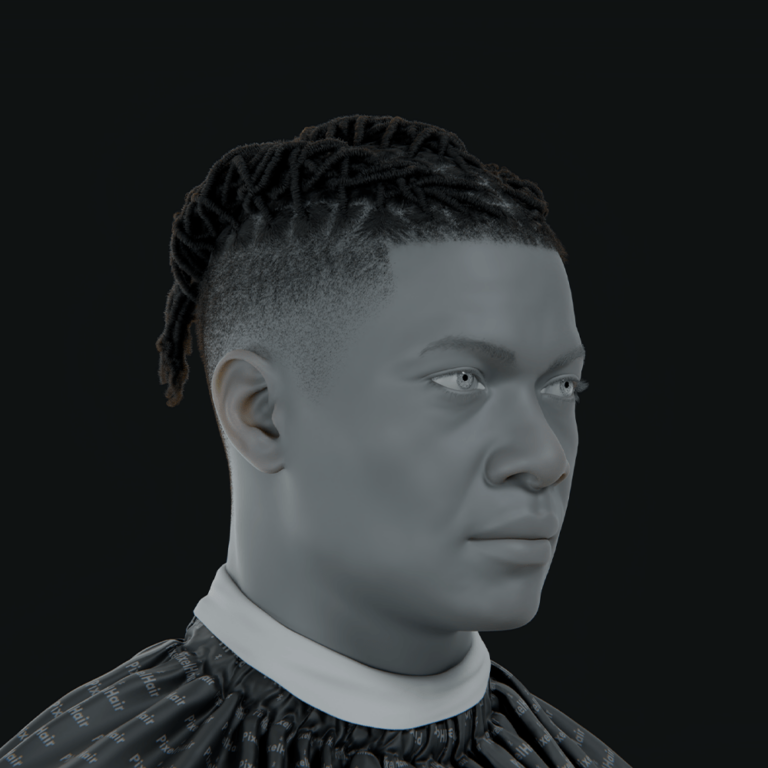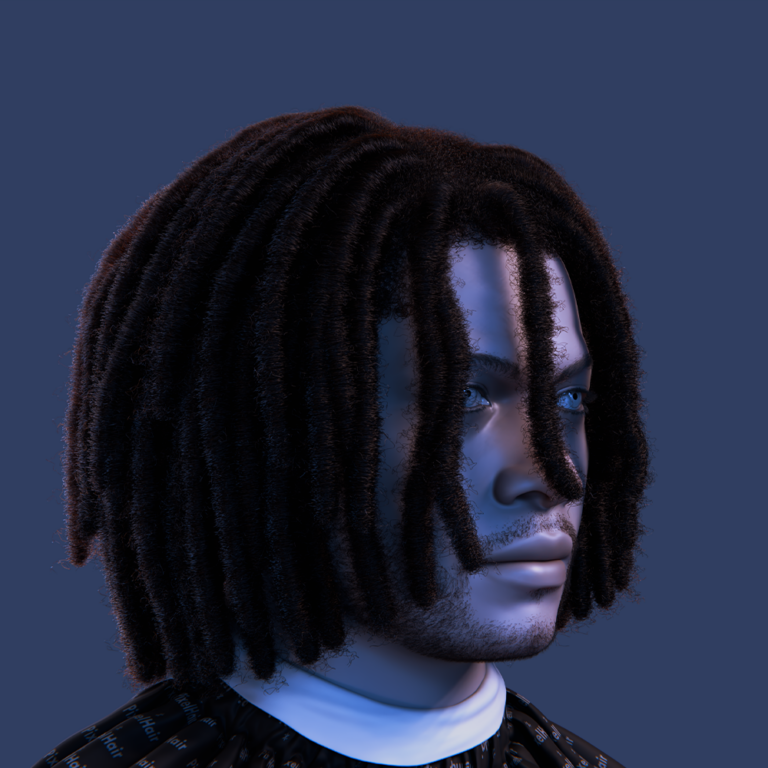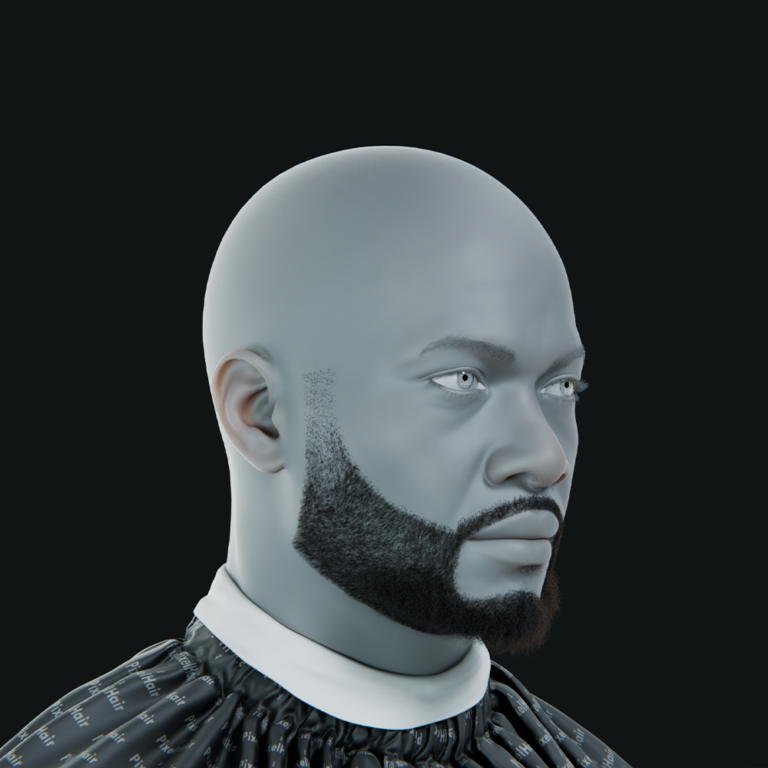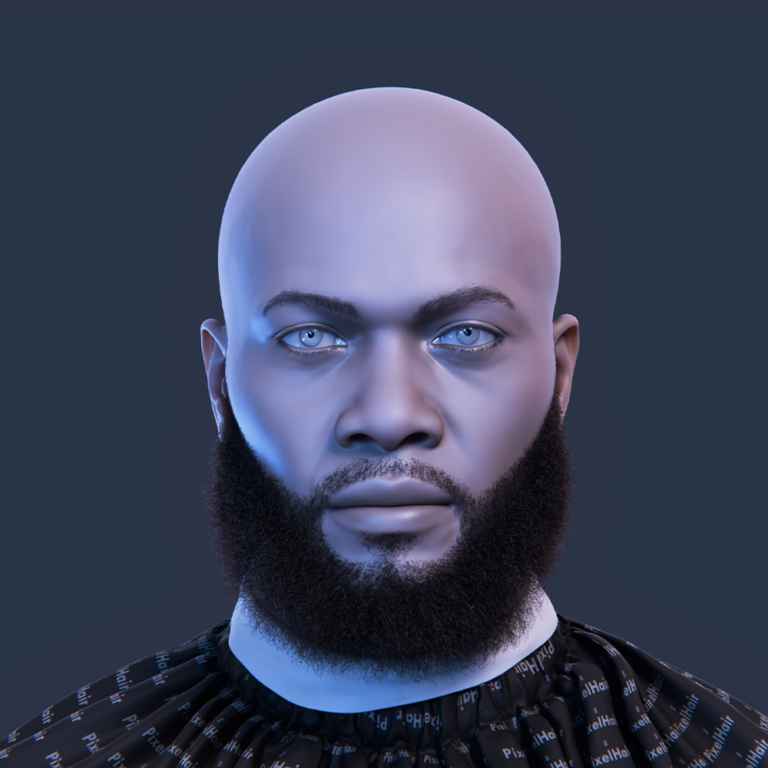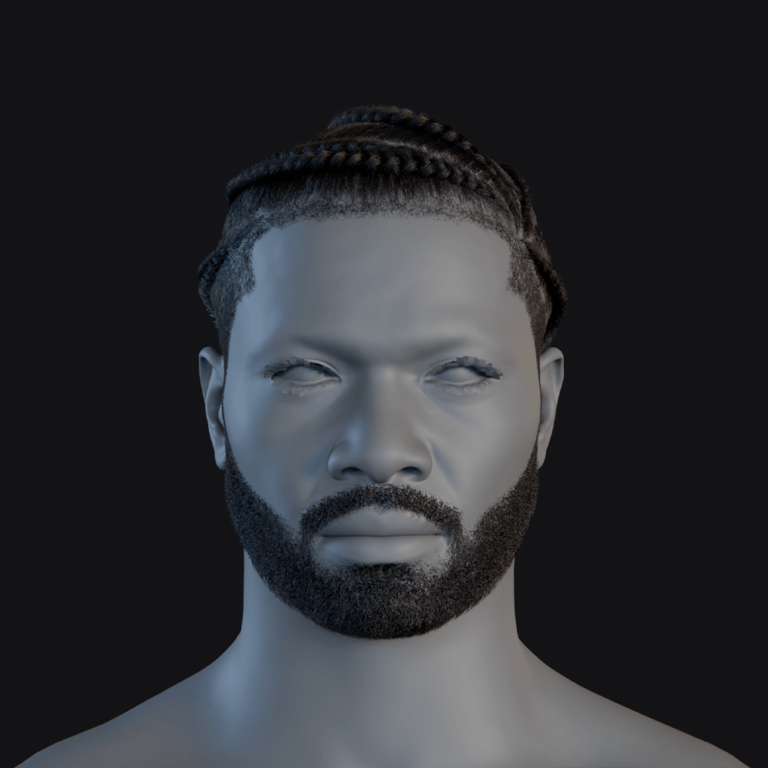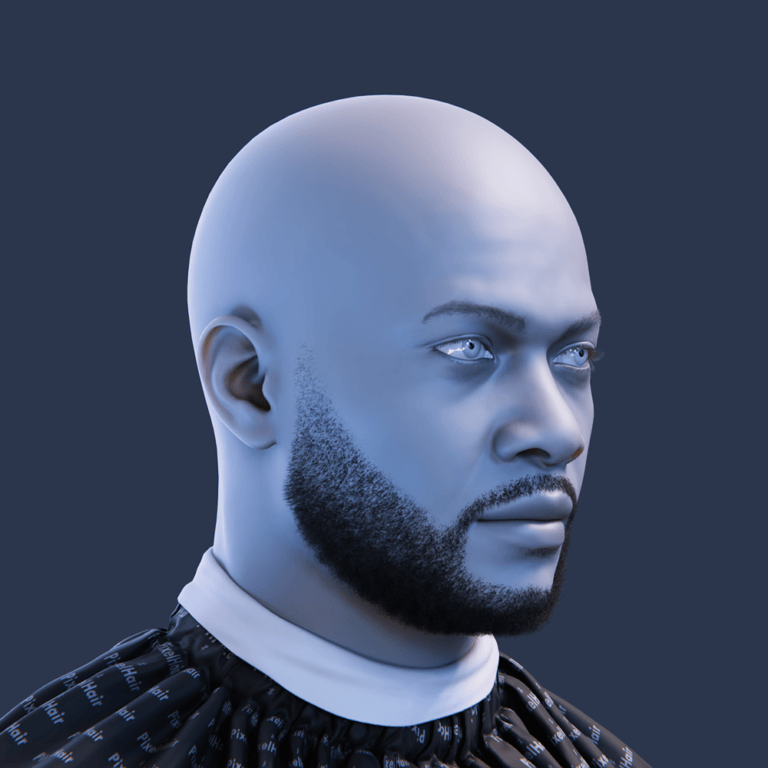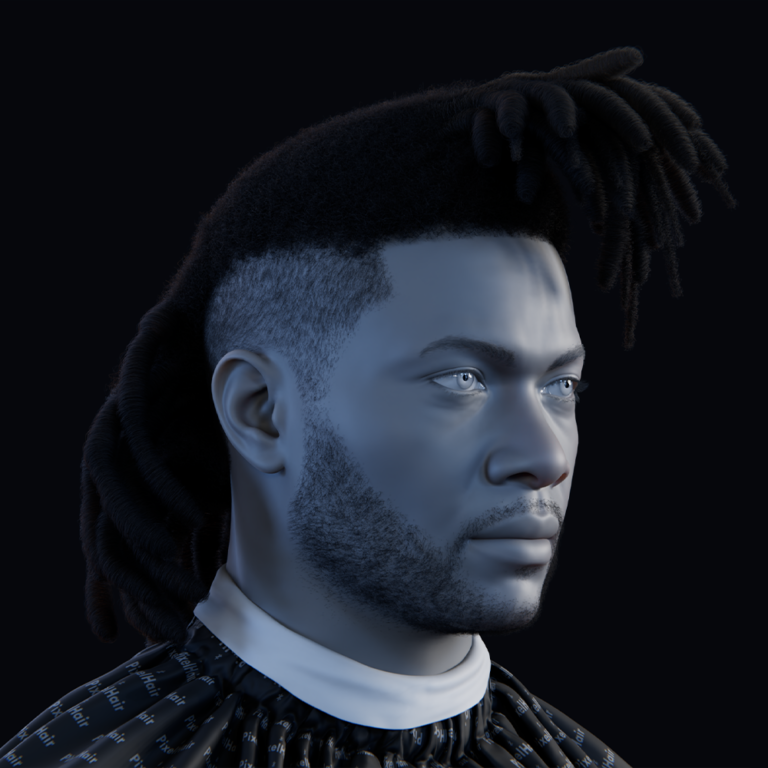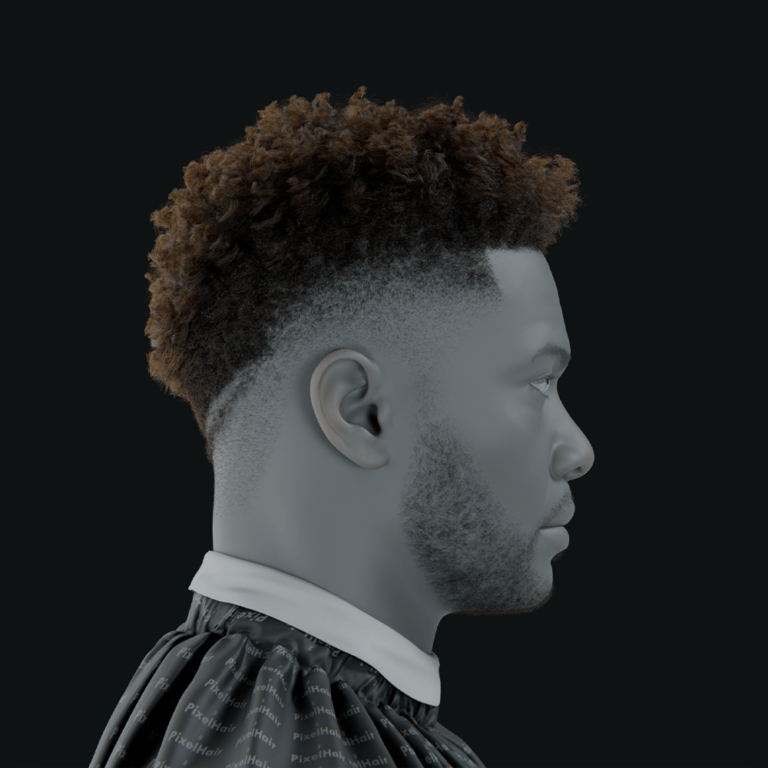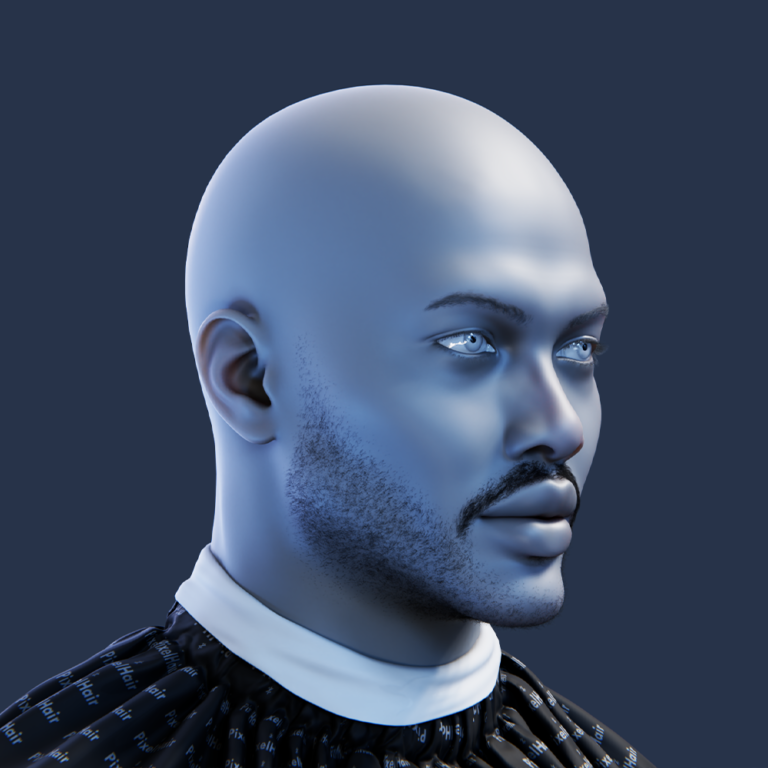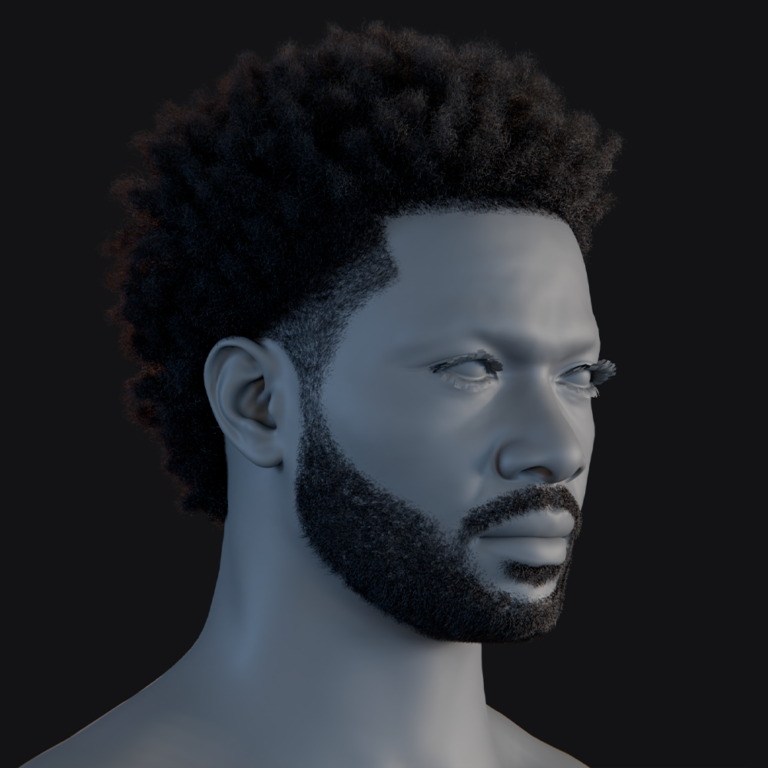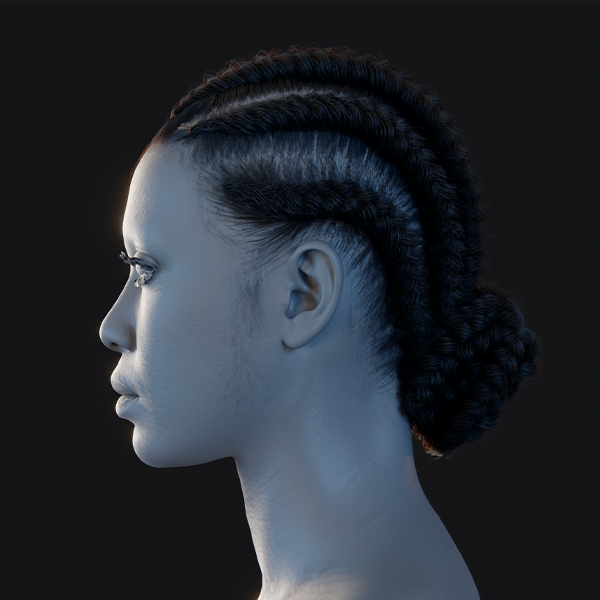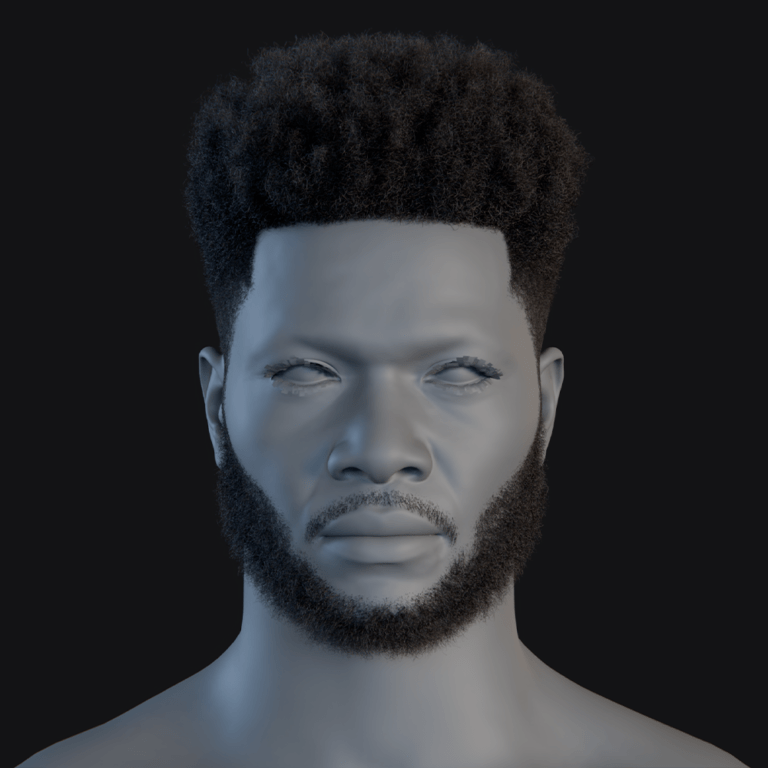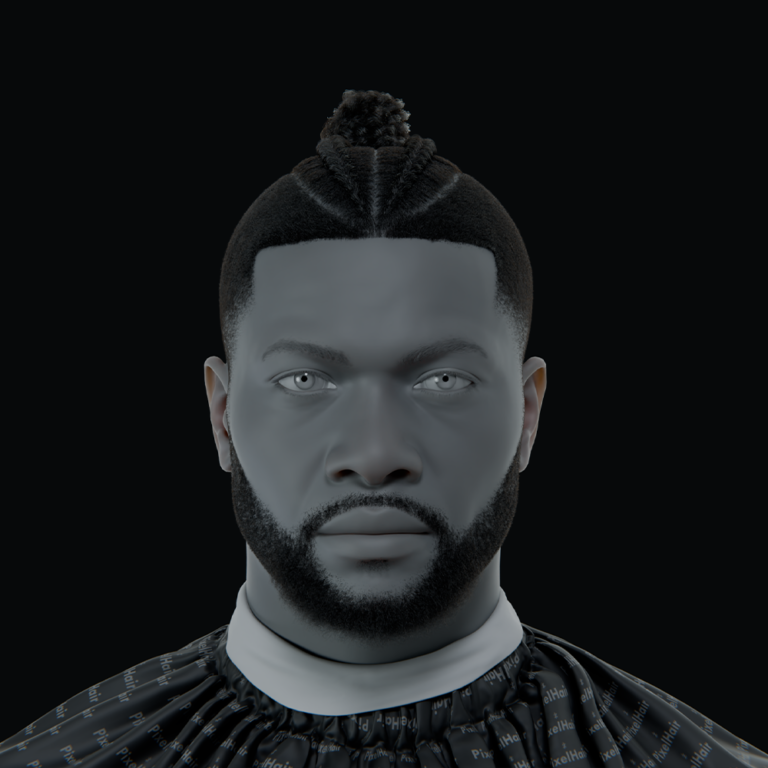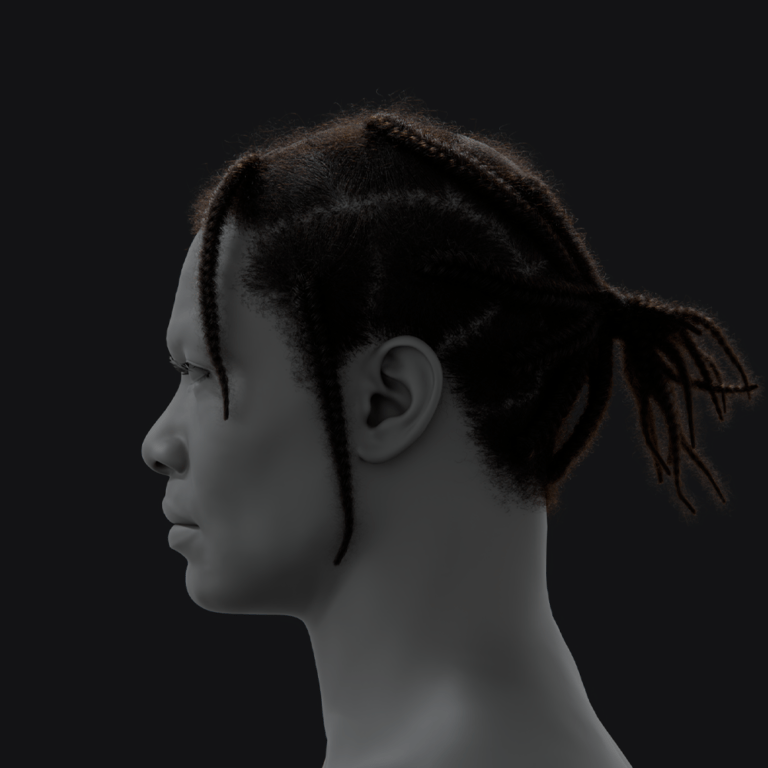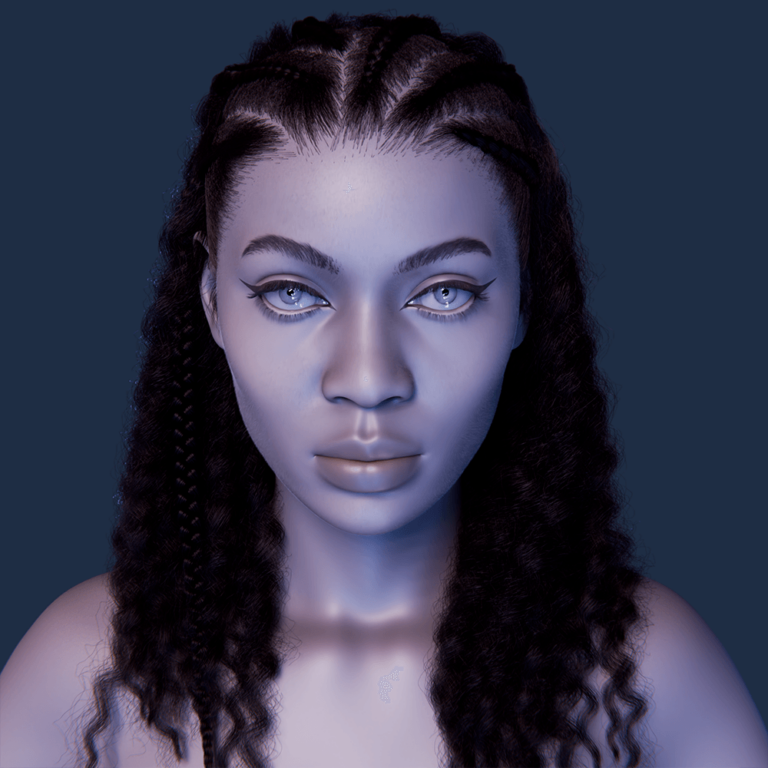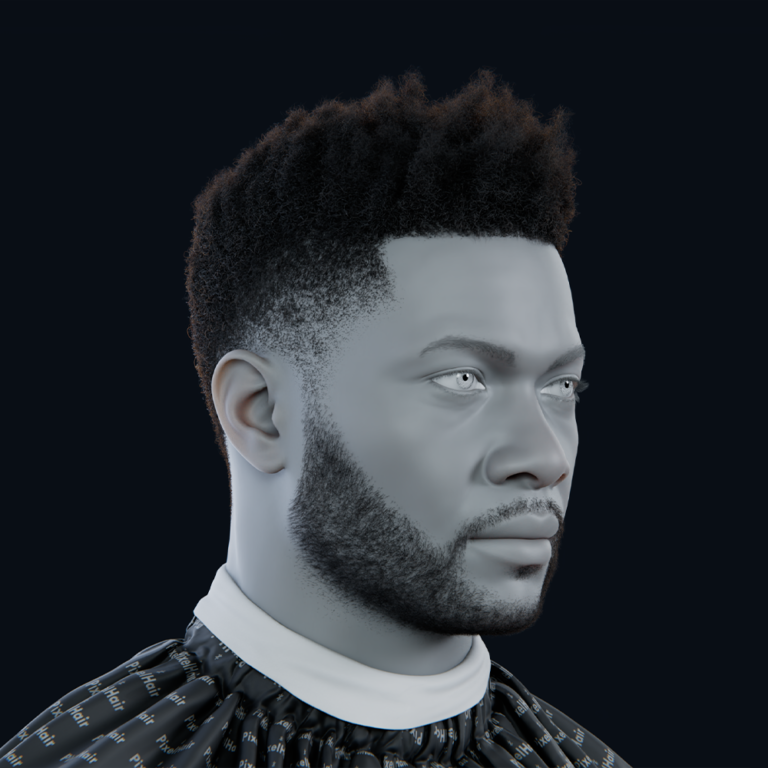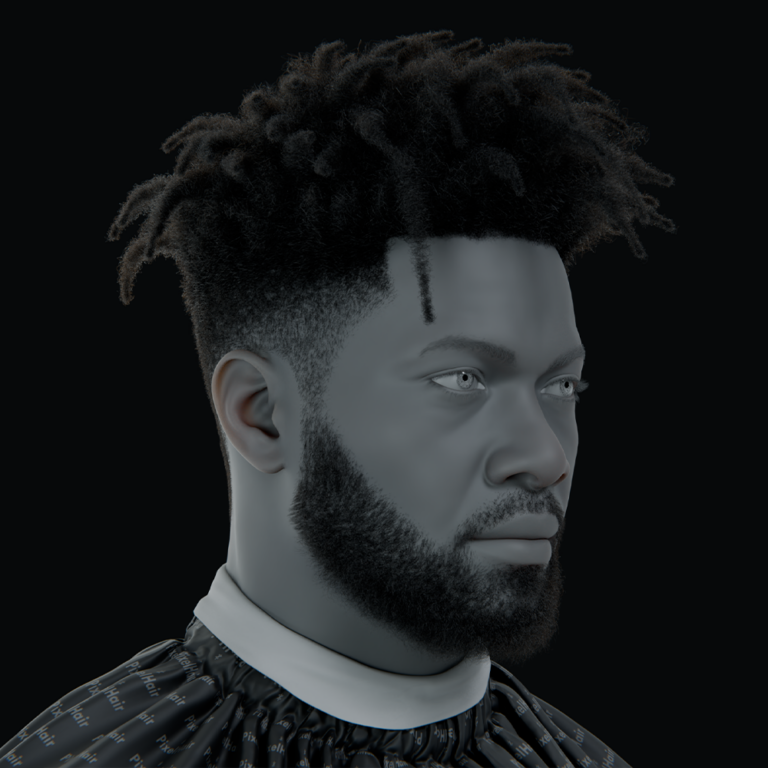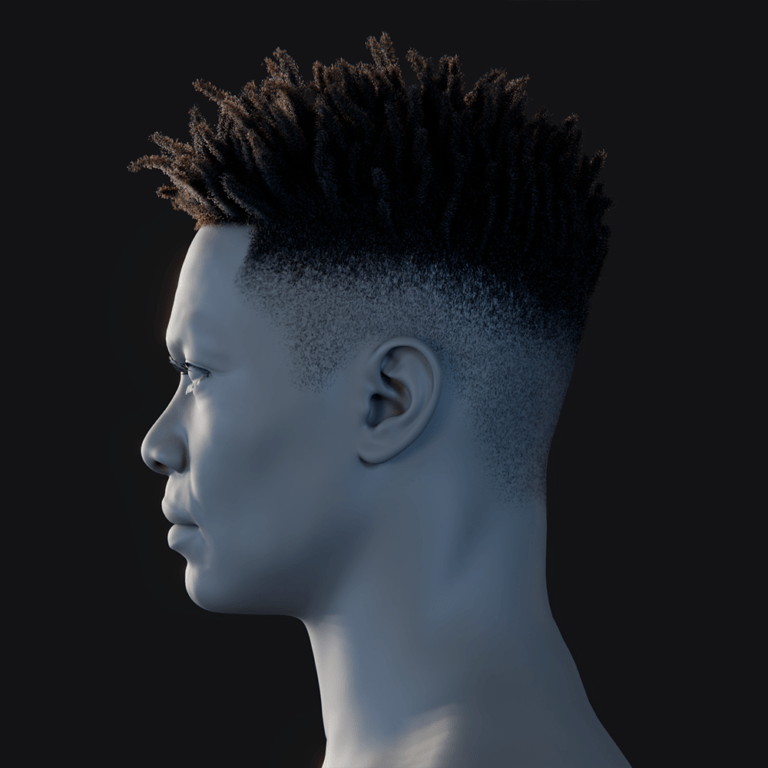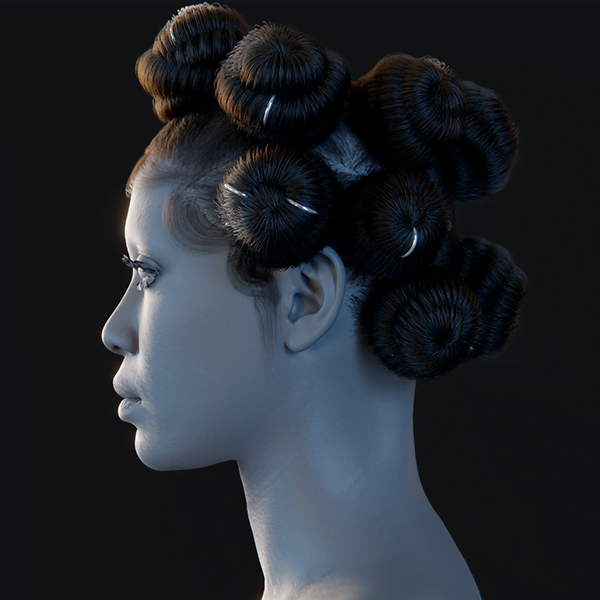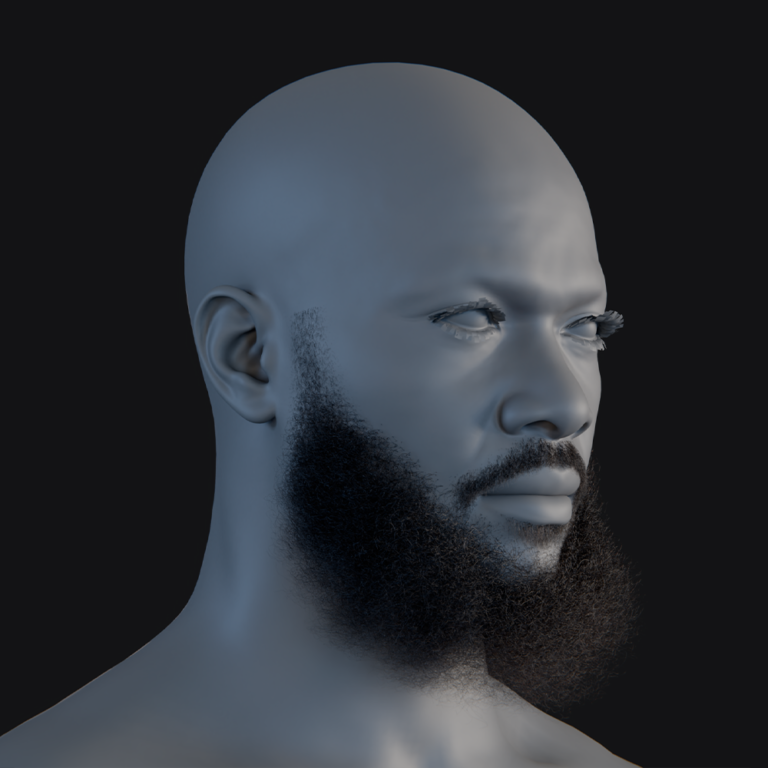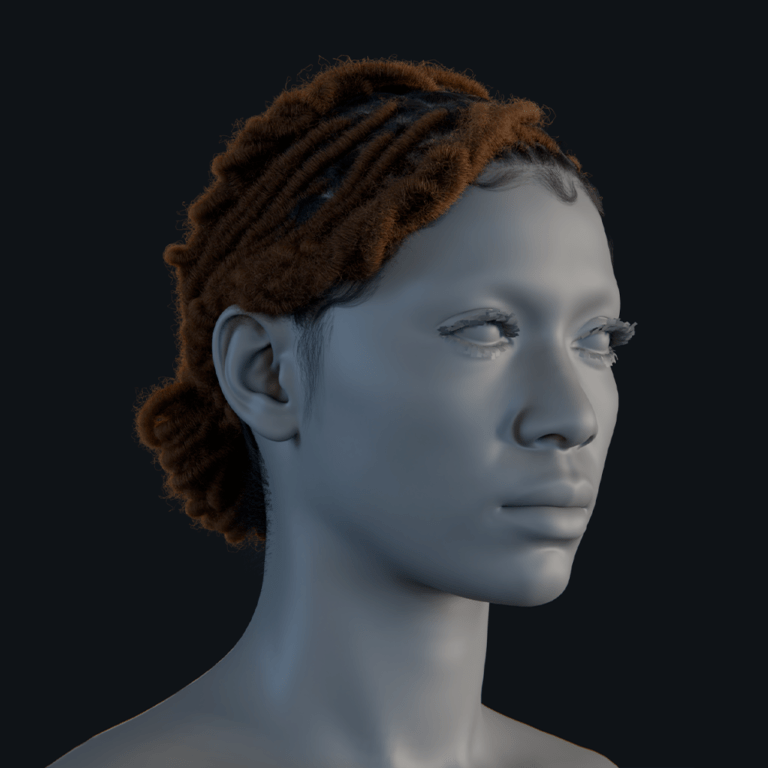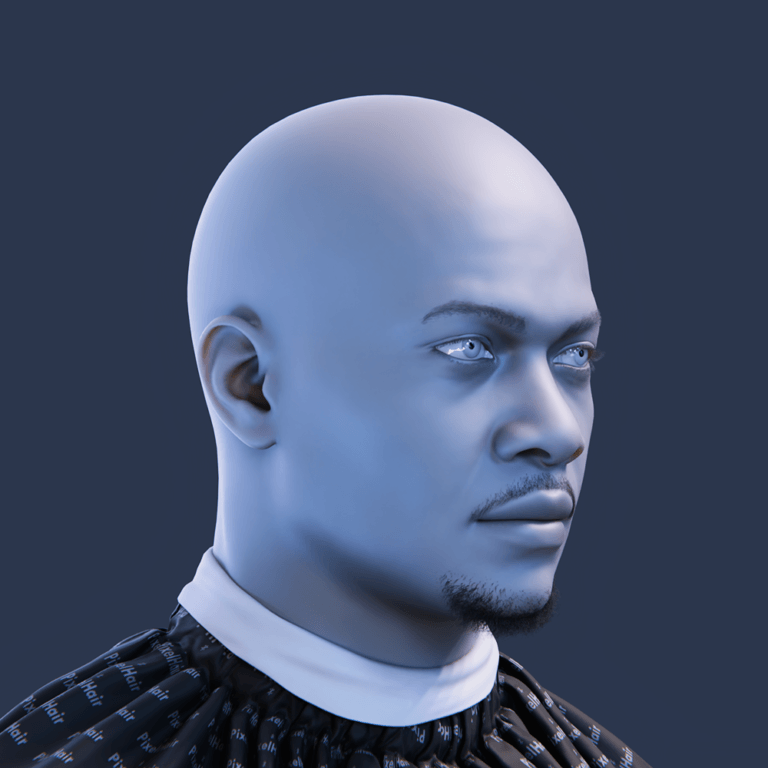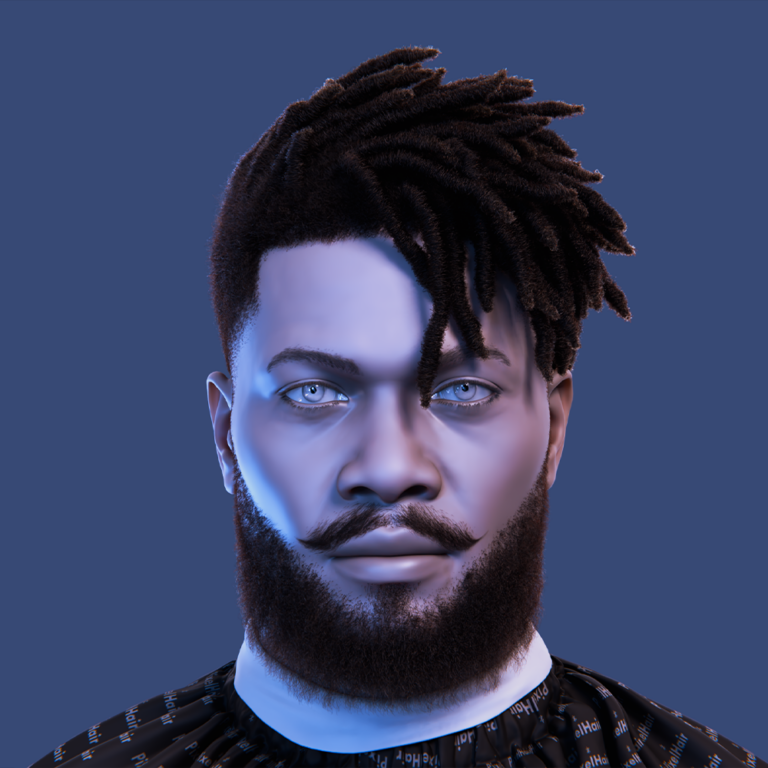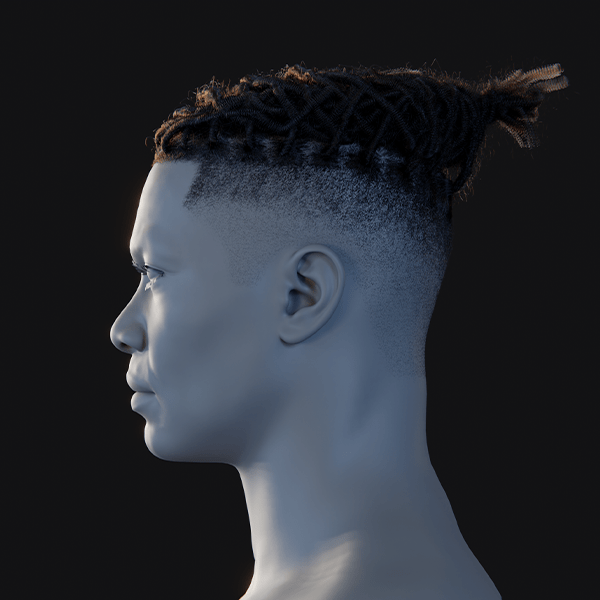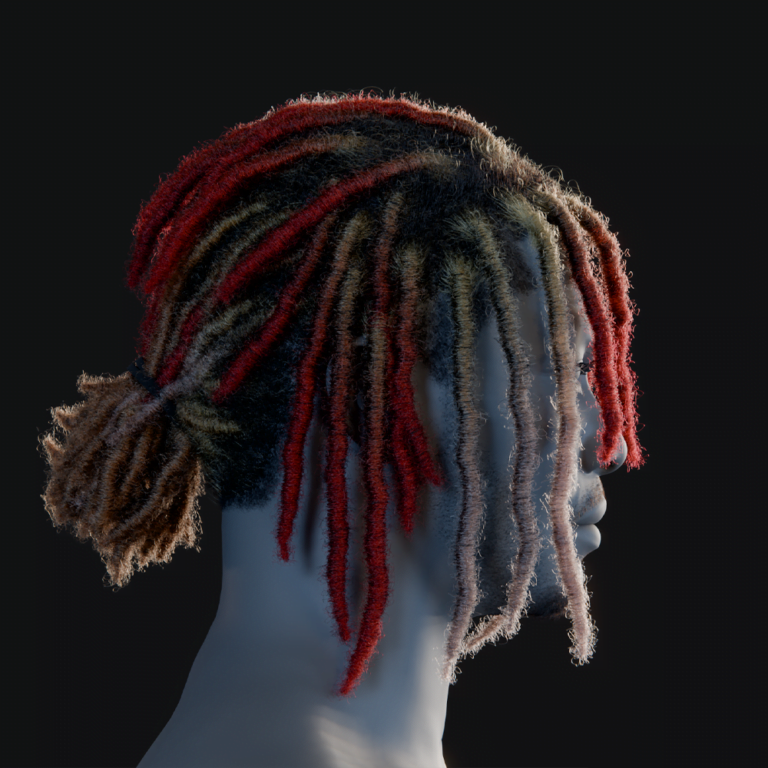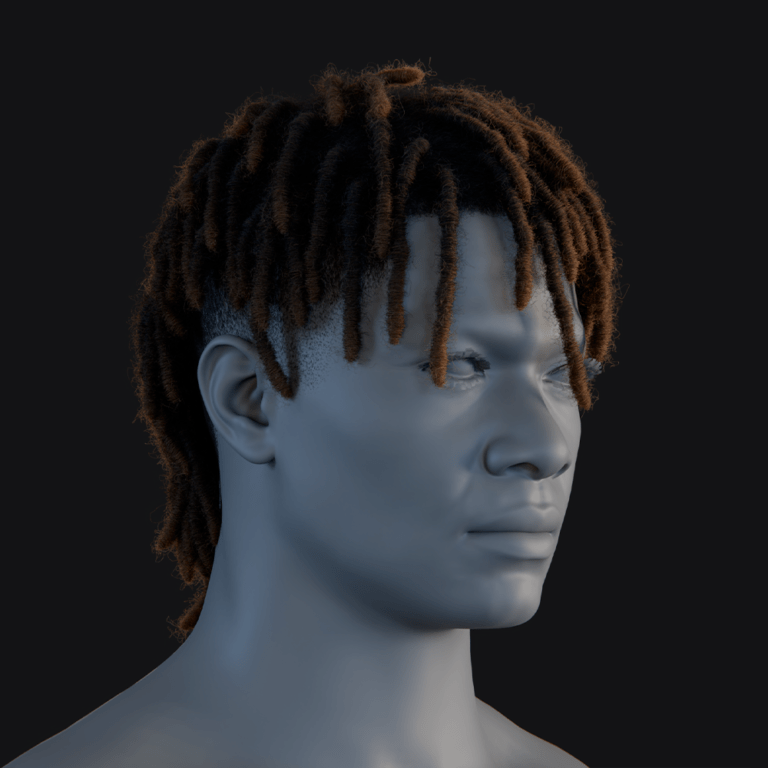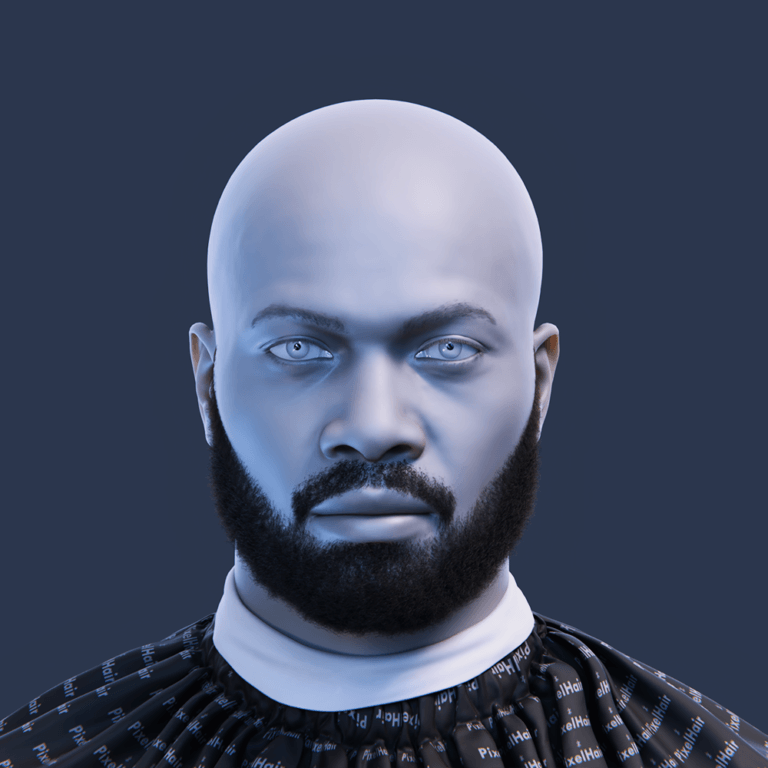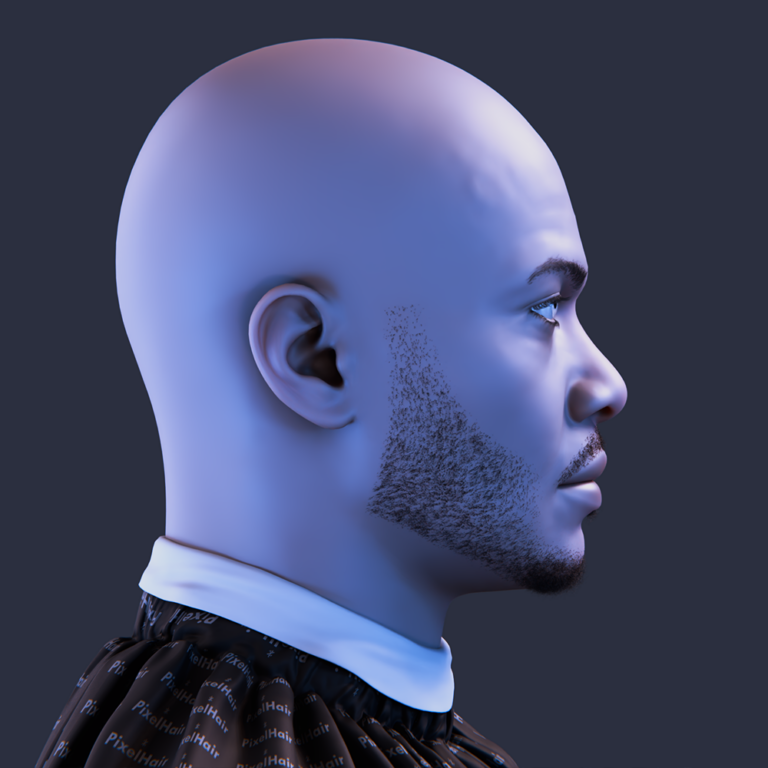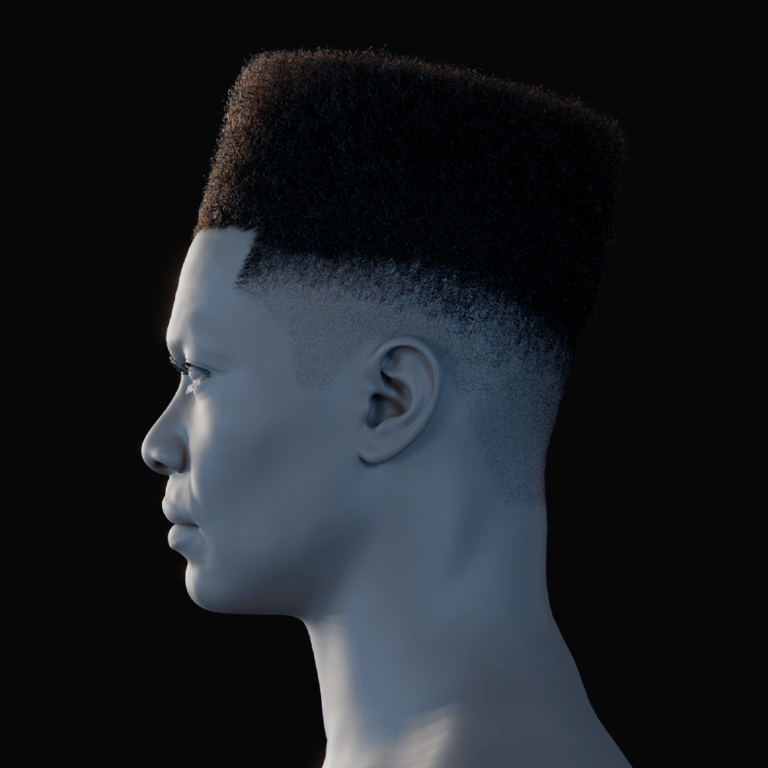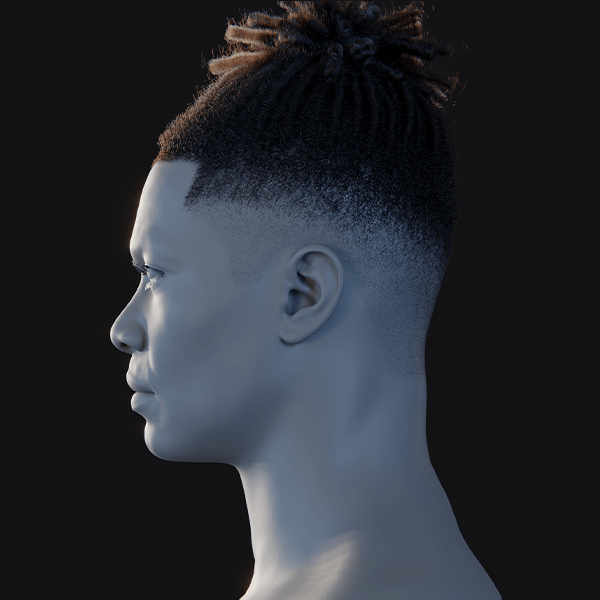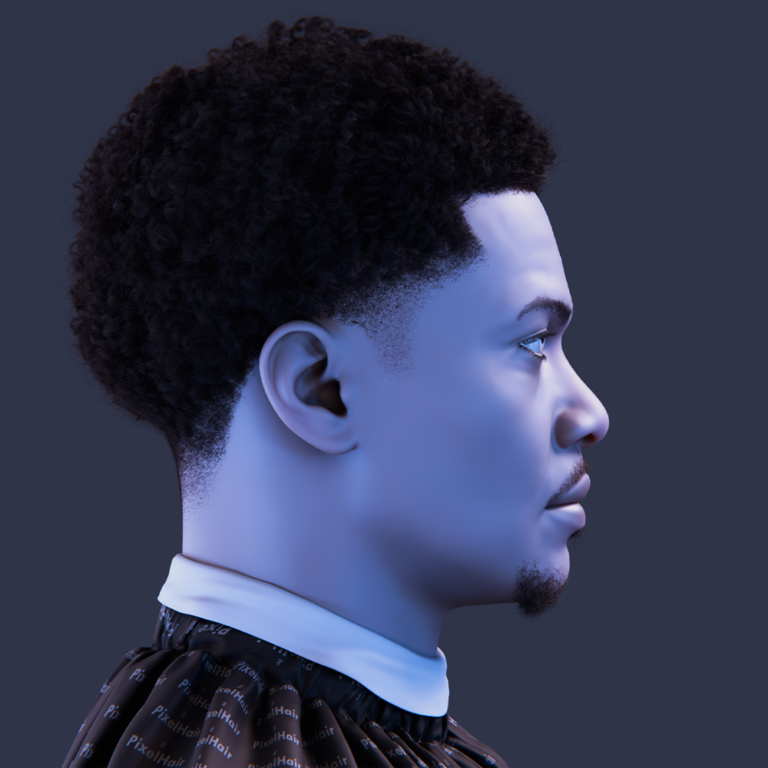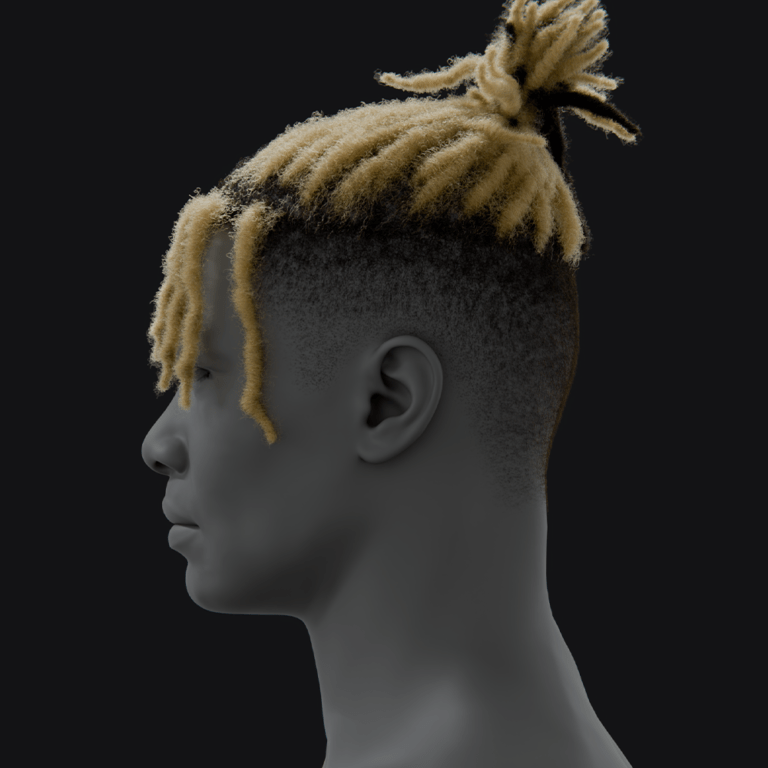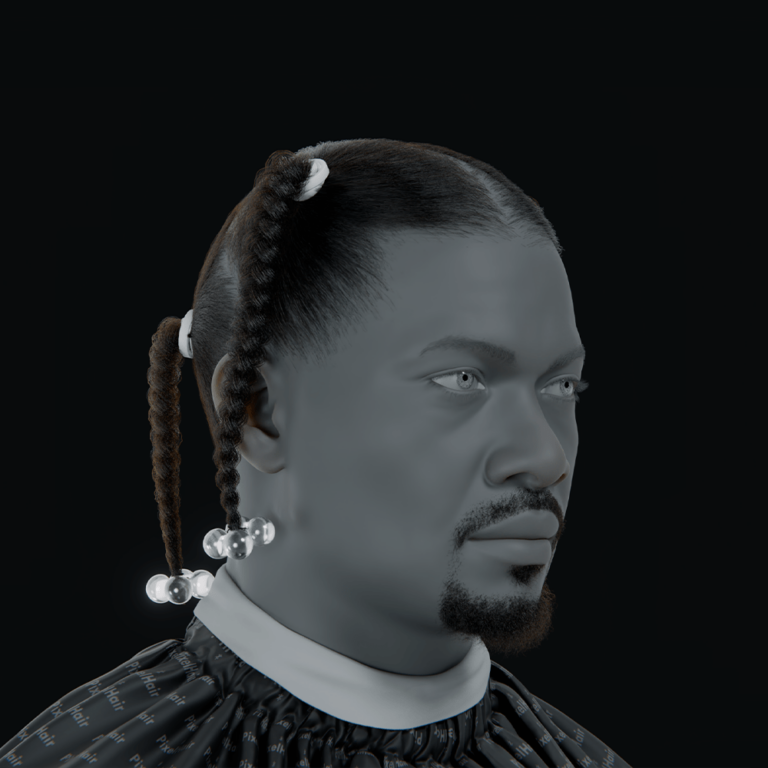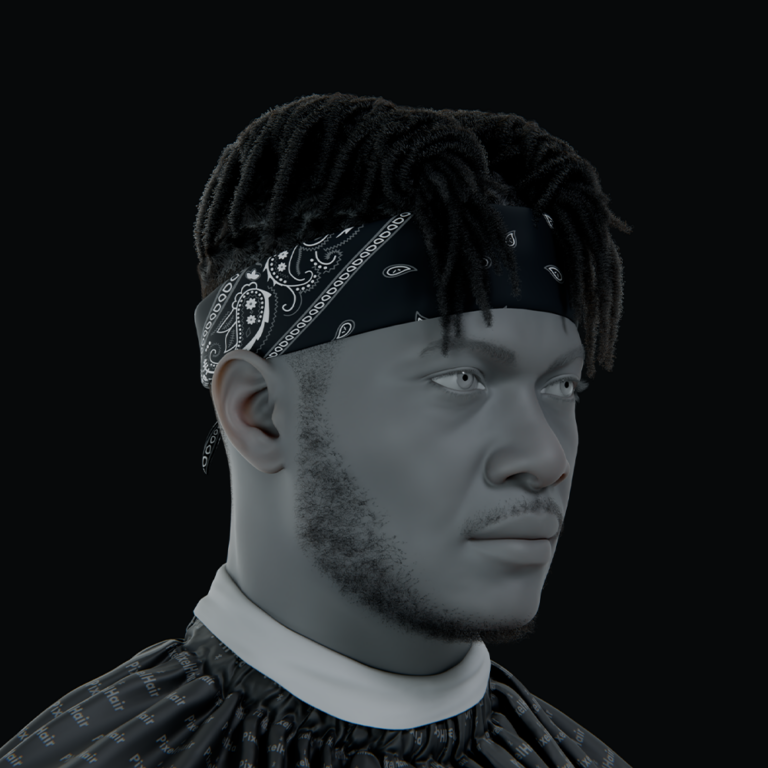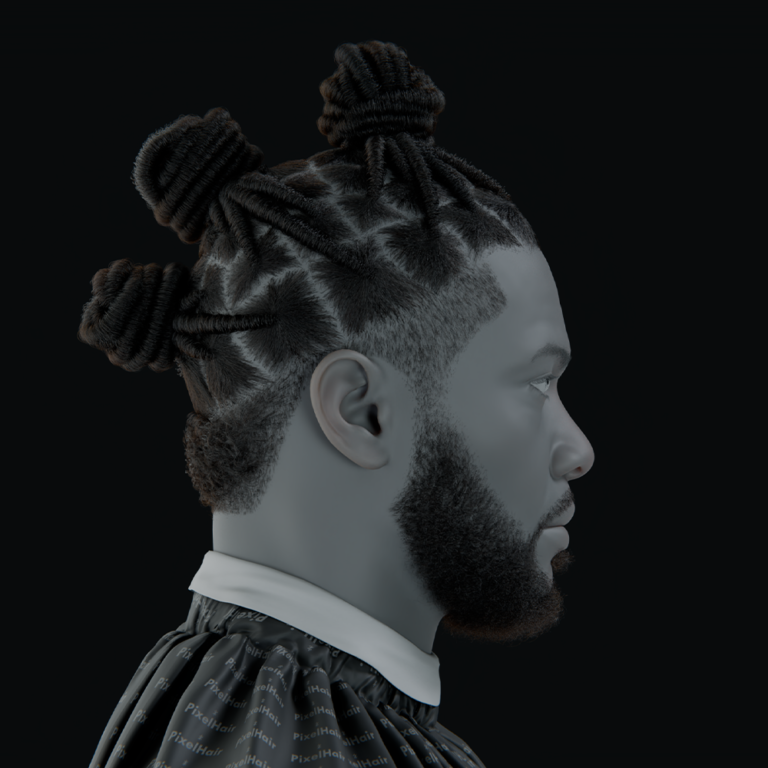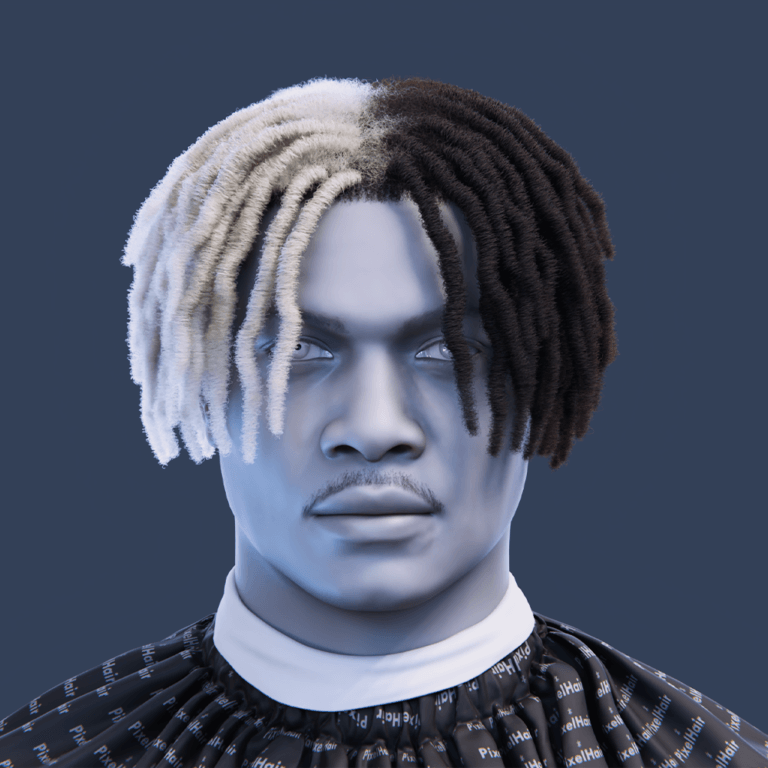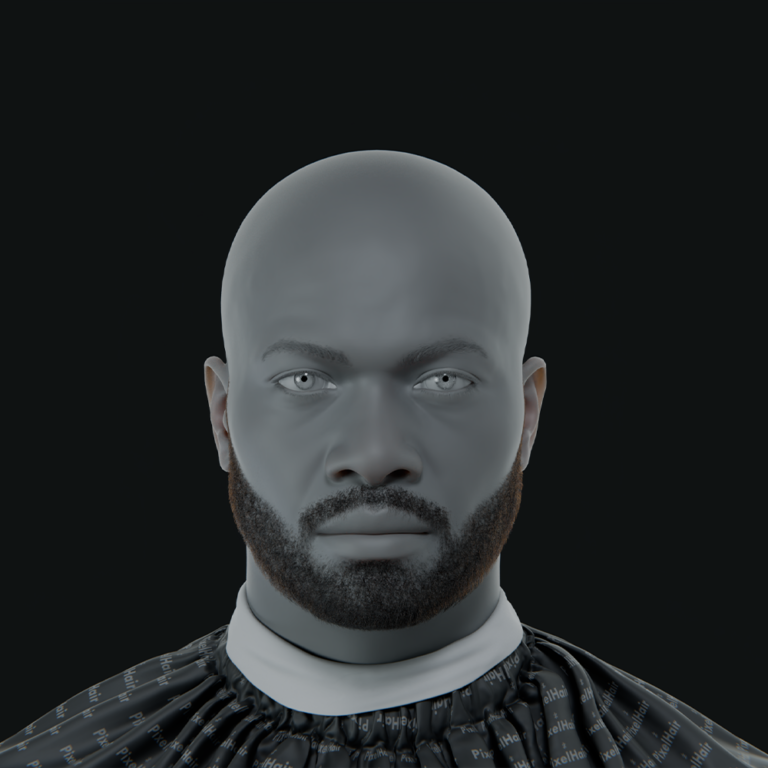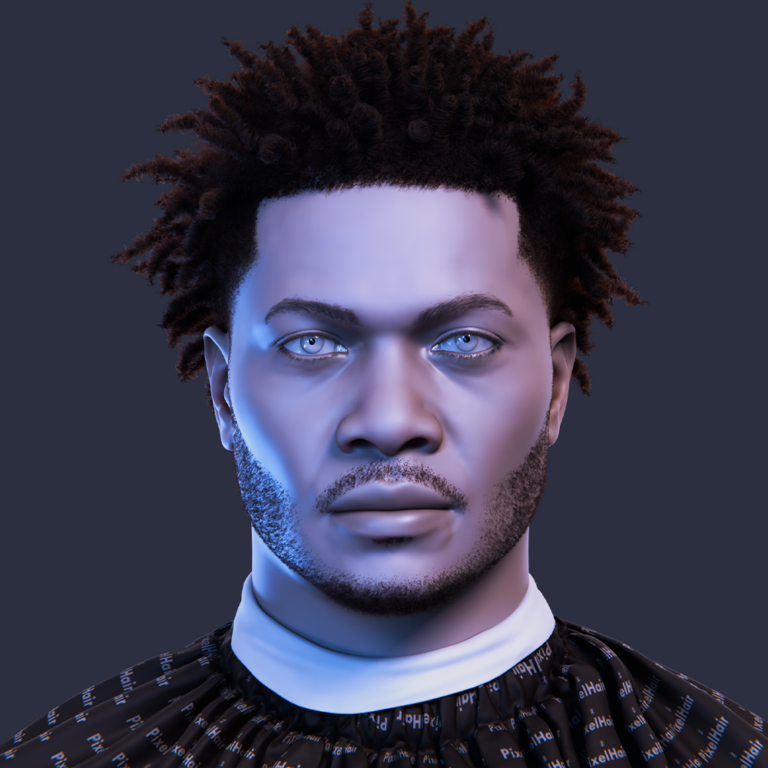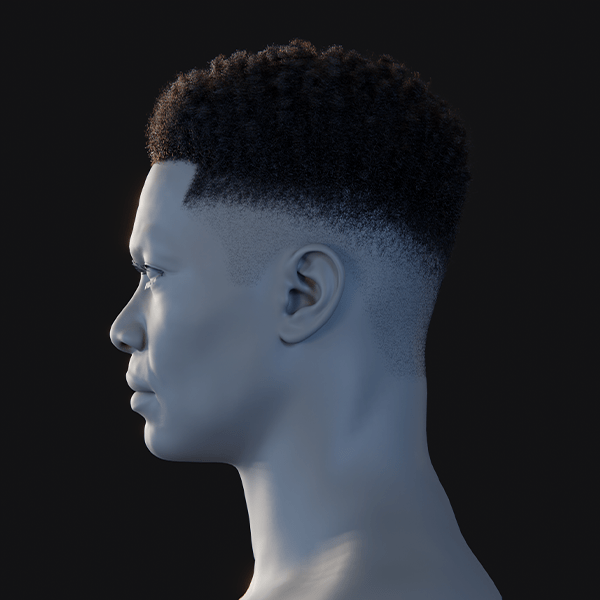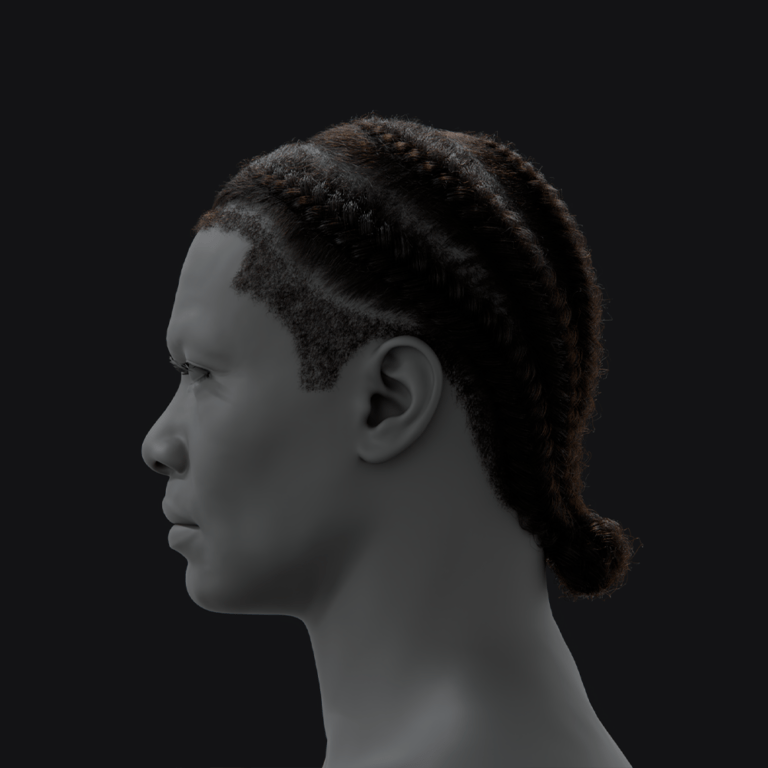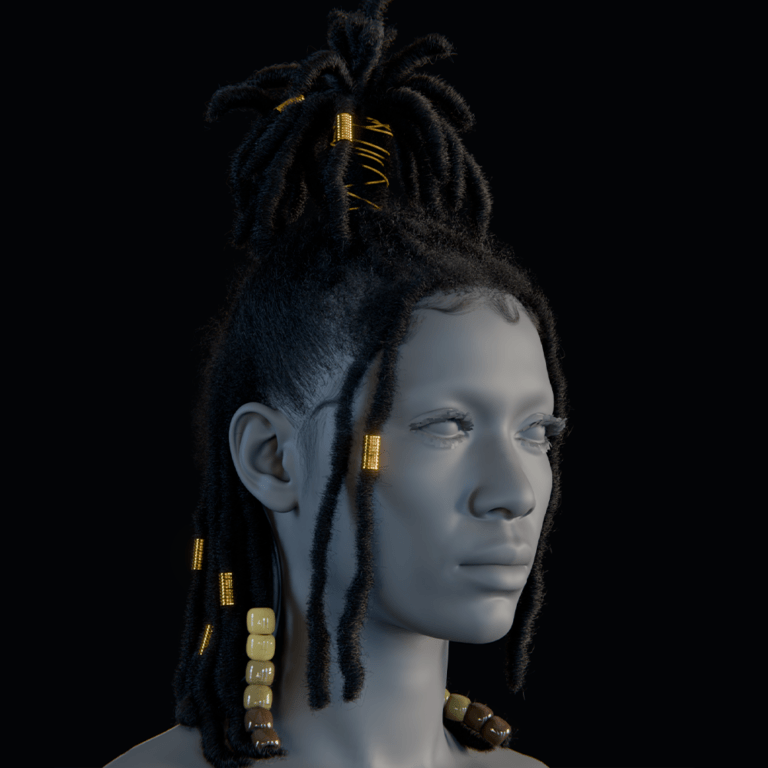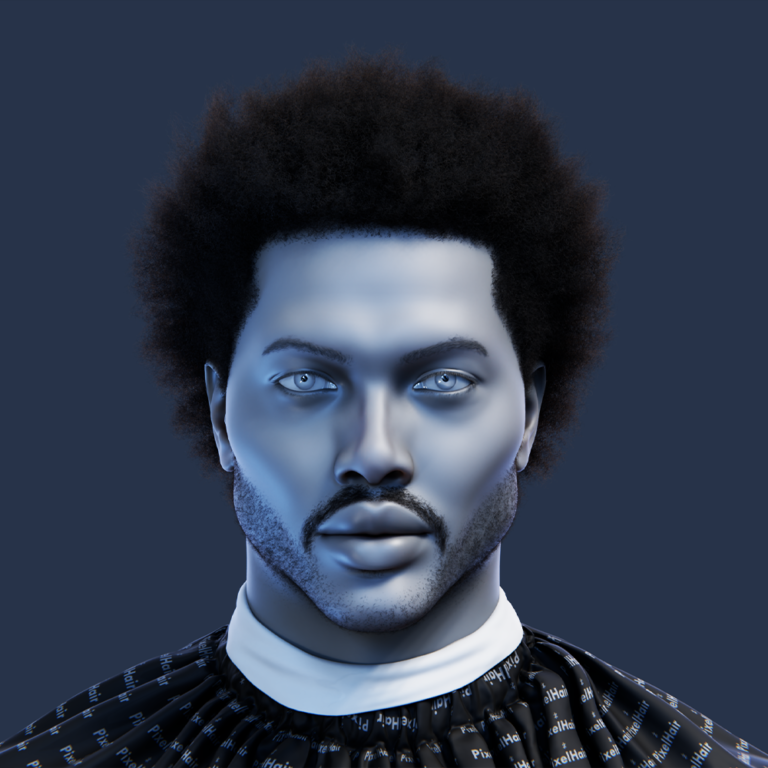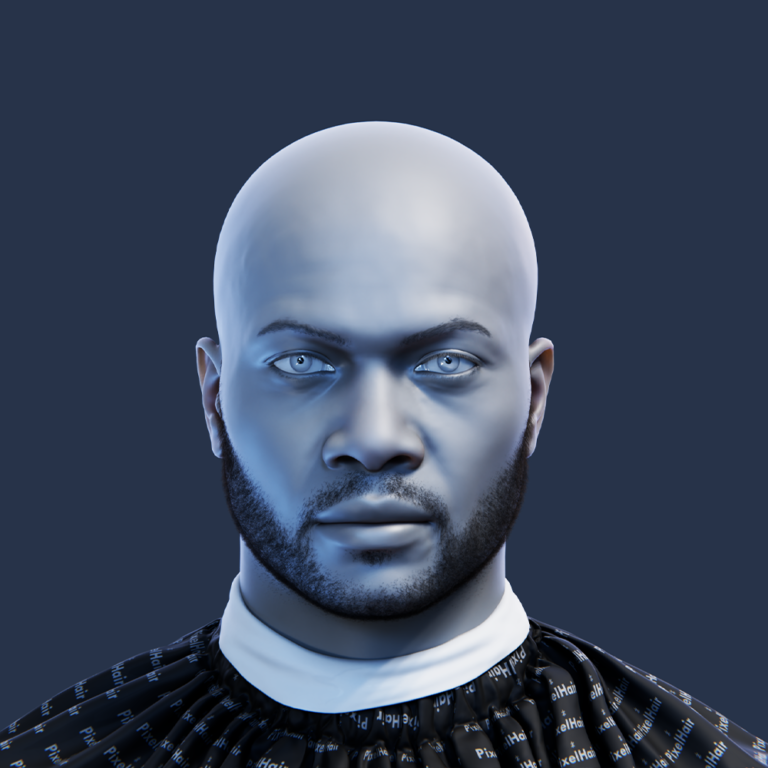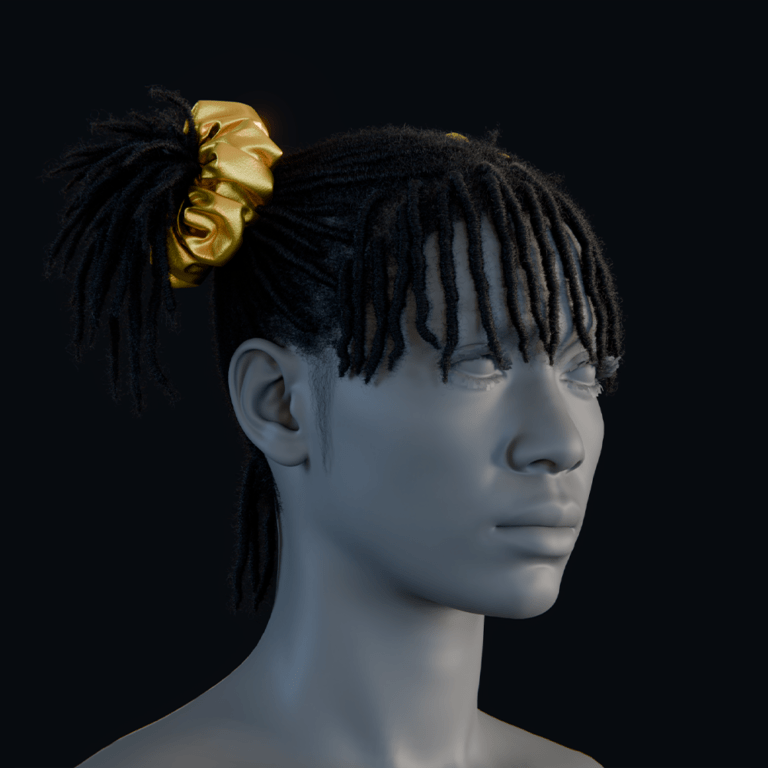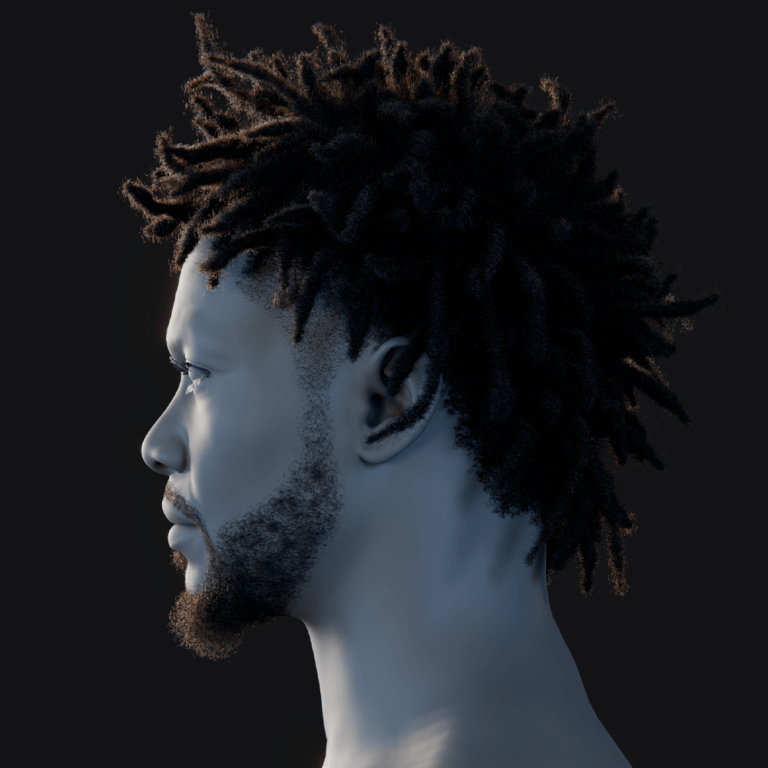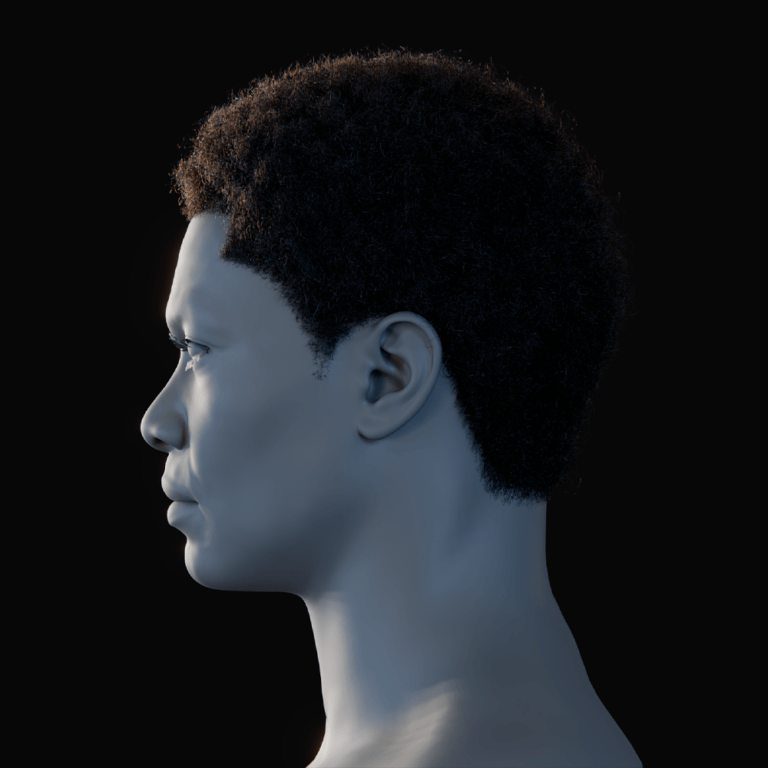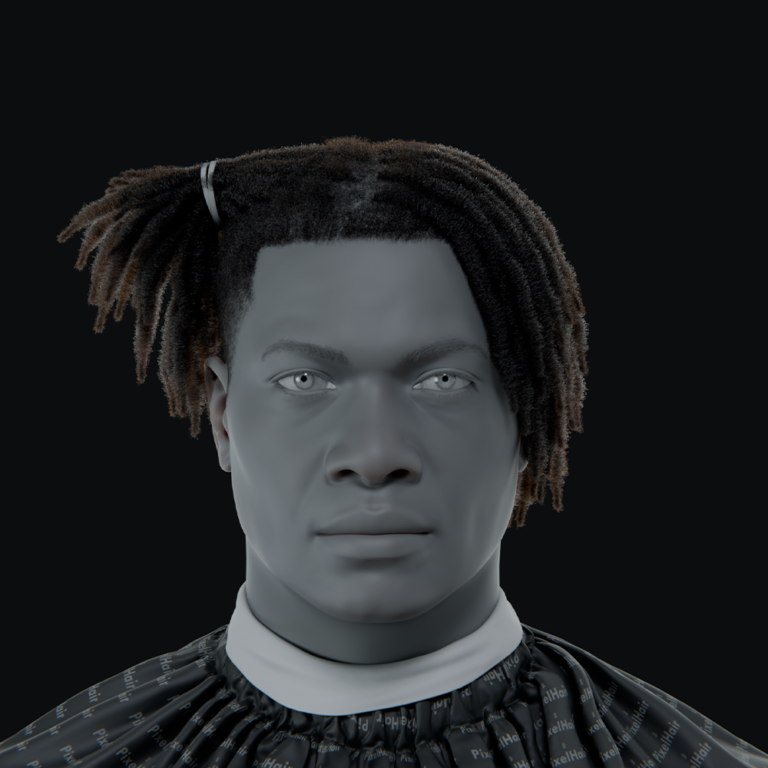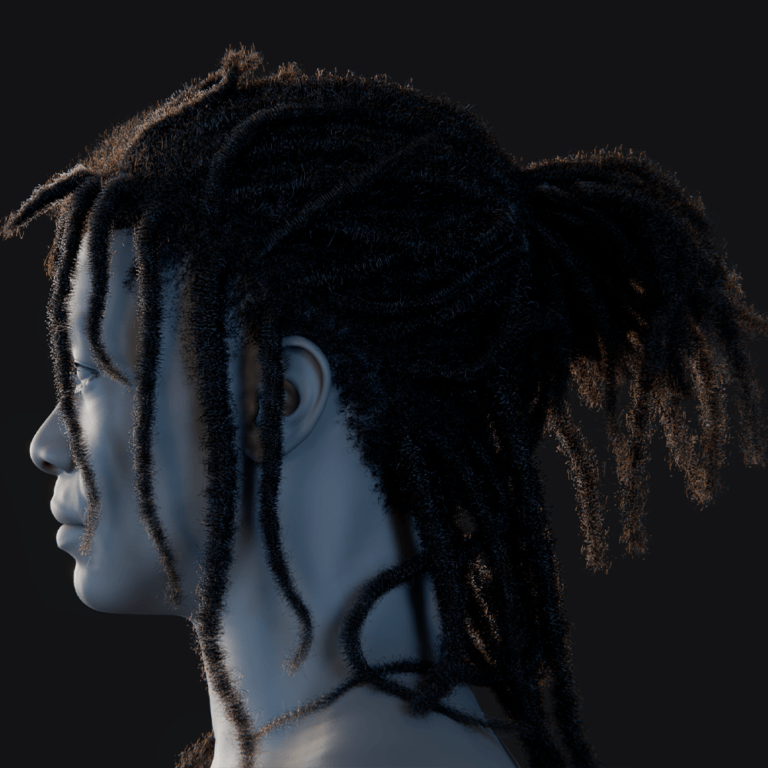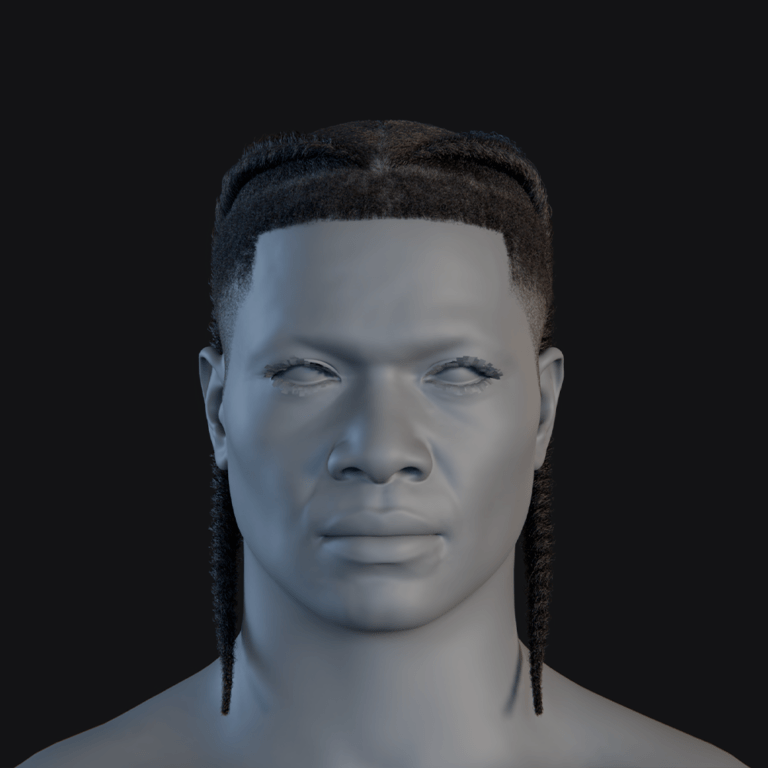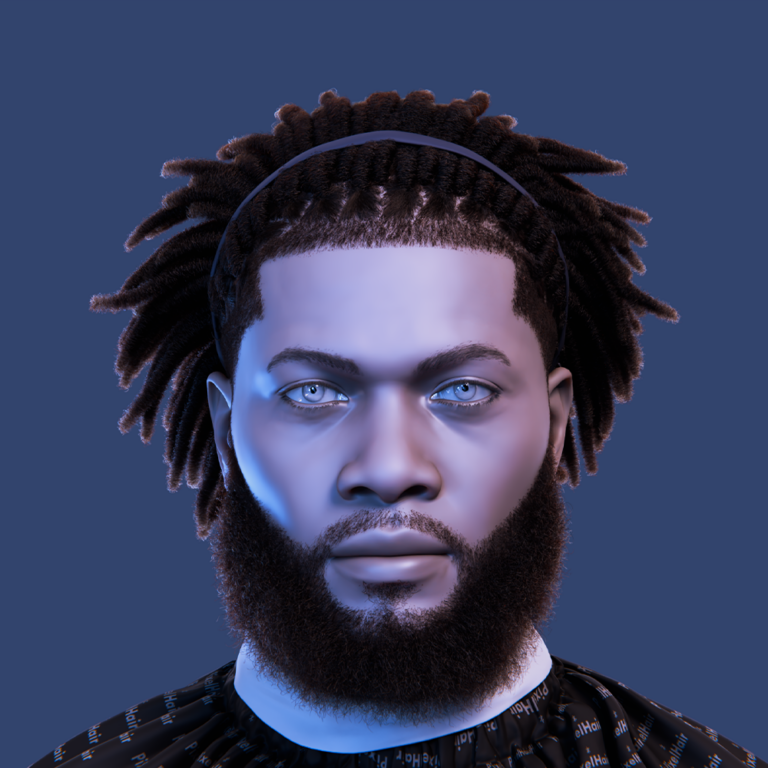Introduction: Celebrating the Diversity of Black Hair
Black hair is more than just strands of keratin. It’s a living expression of culture, creativity, and history. Around the world, Black hair has been used as a way to show art, identity, and pride within the community. From full, natural afros to carefully braided styles, every look carries a story of heritage and change.
This guide highlights the wide range of Black hairstyles, their cultural meaning, and the trends that keep shaping how people express themselves. Whether you’re searching for ideas or practical advice, this article breaks down what makes Black hairstyles special and how you can embrace your look with confidence.

Understanding Black Hair: Texture, Type & Cultural Significance
Texture and Type
Black hair comes in a wide range of textures, from tightly coiled and kinky to loosely curled and wavy. There isn’t just one “Black hair type.” Instead, there are many, often described through systems like the Andre Walker Hair Typing System, which includes types from 4A (tightly coiled) to 4C (more fragile and tightly coiled). Black hair has its own unique structure, which gives it special qualities. It often shrinks a lot when it dries and can look full and voluminous, even when styled in protective looks.
Cultural Significance
The meaning of Black hair goes far beyond style. Throughout history, it has been a symbol of identity, pride, and resistance. In many African cultures, hair is treated as an art form. Braids, twists, and updos often carry meaning, showing things like social status, tribal roots, or life milestones. During times of oppression, Black hair became more than just personal style it turned into a political statement. Movements like Black is Beautiful and the natural hair movement have helped celebrate the beauty of unprocessed hair while challenging Eurocentric beauty standards.
To understand Black hair is to see its strength and creativity. It shows how something natural can become art, self-expression, and a powerful symbol of culture.
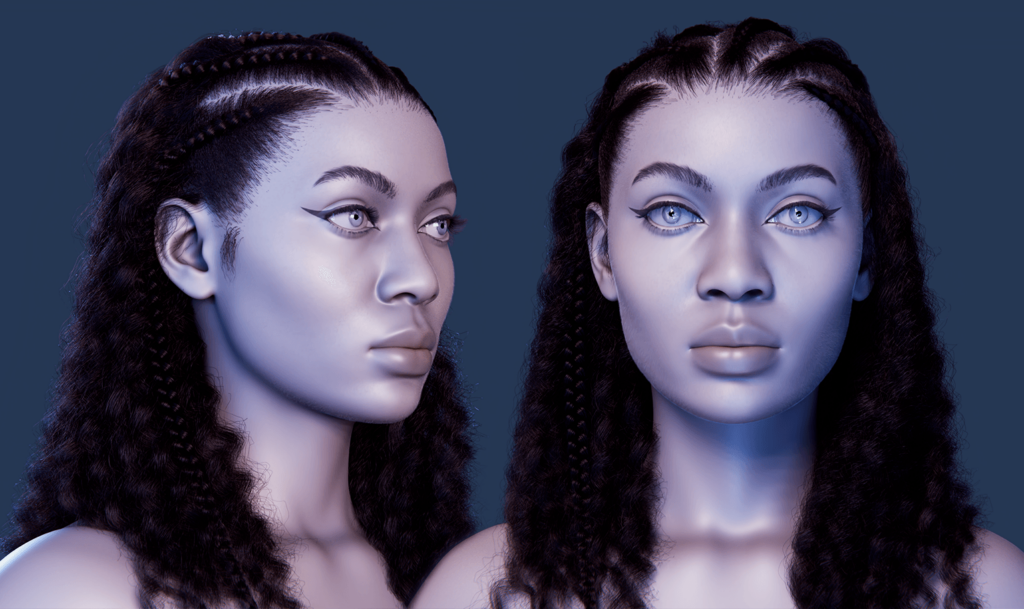
Top Hairstyle Options
Black hair offers a wide range of styles, each with its own look and purpose. Below are some of the most popular styles embraced across the community.
Natural Afros
The afro is a lasting symbol of Black identity. It became well-known during the Black is Beautiful movement as both a cultural and political statement. The afro highlights natural texture in its pure form. Afros come in different shapes and sizes, from tight and compact to big and full. They are versatile and need less daily upkeep, making them a strong choice for those who want to celebrate natural beauty without chemical straightening or heat. To keep an afro healthy, regular moisturizing and gentle detangling are key to maintaining its shape and avoiding breakage.

Braids & Twists
Braids and twists give both protection and style. Some of the most popular options include:
- Box Braids:
These are individual plaits divided into small, box-shaped sections. They can be made in different lengths and thicknesses and styled in many ways, from sleek to full and textured. - Senegalese Twists:
These twists are smooth and rope-like, often made with extensions for added length and volume. They have a neat, polished look and work well for everyday wear or special events. - Havana Twists:
Havana twists are larger and chunkier, giving a relaxed feel while still protecting the hair.
Braids and twists are popular because they last a long time and require little daily styling. They also help protect natural hair from damage caused by the environment.

Cornrows & Flat Braids
Cornrows and flat braids have deep roots in African tradition. These styles are made by braiding the hair close to the scalp in clean, straight lines or detailed patterns. They can be simple or complex, often shaped into geometric or decorative designs. Cornrows are practical, lasting for weeks with the right care, while helping protect the hair from breakage. The precision behind cornrows reflects both skill and the long cultural history they carry.
Dreadlocks & Locs
Dreadlocks, also called locs, form naturally over time. They can be worn in different sizes and textures, from small, uniform locs to thick, freeform styles. Locs need little daily upkeep, making them a low-maintenance choice. Growing locs is often seen as a personal journey, with each lock representing part of that experience. Today, modern methods make starting and caring for locs easier than ever, while offering more styling options.
Twist Outs & Braid Outs
These styles bring out the natural curl pattern of the hair. Twist outs are done by twisting damp hair, letting it set, and then unraveling the twists to show defined curls. Braid outs follow the same idea, using braids to create a looser, wavy texture. Both styles are flexible depending on the products and techniques used, they can be tight and defined or soft and full. These are great choices for anyone wanting a natural, textured look without committing to something like an afro or locs.

Bantu Knots & Updos
Bantu knots are small, twisted buns made by sectioning the hair and coiling each part into a tight knot. Besides being stylish, they work as a protective style and can create soft curls once undone. Updos, sometimes built around Bantu knots, are popular for special occasions. These styles often use detailed partings and combine traditional African techniques with modern touches to create something unique.
Short, Tapered Cuts & Modern Styles
Black hair today isn’t only about traditional or protective styles. Short, tapered cuts are now a top choice. These cuts are bold, flexible, and easy to maintain. They often feature faded sides with textured hair on top, leaving plenty of room for creativity. These fresh, modern looks are widely embraced in urban culture and have been made even more popular by celebrities and influencers setting new trends.

Choosing the Right Style: Face Shapes, Lifestyle, & Personal Expression
Finding the right hairstyle is about more than just what you like. It’s also about knowing your face shape, your daily routine, and how you want to express yourself. Here are a few things to keep in mind:
Face Shapes
- Oval Faces:
Oval faces work well with almost any style. Long afros, short tapered cuts, and everything in between can complement this shape. - Round Faces:
Round faces often look best with styles that add height and length. Twists or braids with volume at the top can help create balance and make the face appear longer. - Square Faces:
For square faces, soft, rounded styles work well. Curls, twist outs, or afros with volume around the edges can smooth out sharp angles and add warmth to the overall look. - Heart-Shaped Faces:
Heart-shaped faces tend to shine with styles that bring volume to the lower part of the face. Braids that frame the chin or twist outs that fill out the jawline help create balance.

Lifestyle Considerations
Your daily life matters when picking a hairstyle. Protective styles like braids and twists are great if you want to keep styling simple and protect your hair. If you’re always on the go, low-maintenance styles like tapered cuts or locs might be the best fit. For those who like changing up their look often, styles like twist outs and cornrows offer lots of flexibility.
Personal Expression
At the end of the day, your hairstyle should show off who you are. Black hair gives you endless ways to express yourself. Whether you want a bold afro or a sleek updo, trying out different textures, lengths, and accessories is part of finding the look that feels most like you.
Styling Tips & Maintenance: Keeping Your Look Fresh
Taking care of Black hair, no matter the style, means having a solid routine and using the right products. Here are some key tips to keep in mind:
Moisture and Hydration
Black hair is often naturally drier because of its tightly coiled structure. Keeping it moisturized is important for shine and to prevent breakage. Look for leave-in conditioners, oils, and creams made for natural hair. Deep conditioning once a week helps restore moisture and keeps the hair flexible and strong.
Protective Styling
Styles like braids, twists, and updos help protect your hair from damage. They lock in moisture and cut down on daily styling, which helps maintain length and prevents breakage.
Detangling Techniques
Always detangle gently. Use a wide-tooth comb or your fingers, and only work through the hair when it’s damp and conditioned. Start at the ends and work up to avoid breakage. Regular detangling keeps knots away and makes styling easier.
Scalp Care
Healthy hair starts with a healthy scalp. Use gentle shampoos that clean without stripping natural oils. Scalp massages can boost blood flow, and oils like tea tree oil can help with common scalp issues.
Heat and Chemical Treatments
Heat styling and chemical relaxers can give a different look but can also cause damage. Always use heat protectant sprays before styling, and follow up chemical treatments with deep, nourishing care to keep hair strong.
Regular Trims
Even if you’re growing your hair out, trims are important. Cutting off split ends stops breakage from spreading and keeps your style looking healthy and fresh.

Celebrity Inspirations & Trends: How Pop Culture Shapes Hair Trends
Celebrity culture plays a big role in setting hairstyle trends, and Black celebrities have been leading the way for years. Artists, actors, and athletes continue to shape how Black hair is seen and celebrated, inspiring people around the world.
Influential Celebrities
- Beyoncé:
Beyoncé is known for switching up her look, from big afros to detailed braids. Her styles have helped make natural and protective hairstyles even more popular. - Lupita Nyong’o:
Lupita has made natural hair shine on some of the biggest stages. Her red carpet looks have started important conversations about embracing textured hair and showing its beauty. - Janelle Monáe:
Janelle Monáe’s bold afros and creative styles have become part of her signature look. She uses her hair to push back against old beauty standards and celebrate Black identity. - Michael B. Jordan:
Michael B. Jordan has brought attention to clean, modern cuts that are easy to manage but still stylish. His influence reaches fans looking for fresh, low-maintenance styles.
Impact on Trends
Celebrities do more than create trends. They help change the conversation around what’s possible. As more stars show off authentic Black hairstyles, the media and fashion industries are starting to follow their lead. Platforms like Instagram and TikTok have made this movement even bigger, giving space for people to share their own styles, tutorials, and ideas with others around the world.

DIY vs. Professional Care: When to Visit a Stylist
Deciding between doing your hair at home or going to a stylist depends on your hair type, the look you want, and how comfortable you feel handling it yourself.
DIY Styling
Doing your own hair gives you the freedom to try different styles without paying for regular salon visits. Thanks to online tutorials from YouTube and blogs, it’s easy to follow step-by-step guides for styles like twist outs and simple braids. DIY is a great choice if you like working with your hair and have time to care for it properly. But it also takes commitment. You’ll need to stick to a good hair care routine and be ready to handle any issues that come up.
When to Visit a Stylist
A professional stylist can take your hair care to the next level. For more complicated styles like detailed cornrows, loc maintenance, or special updos, a stylist makes sure your hair looks good and stays healthy. They also have access to tools and products that most people don’t have at home. Regular appointments with someone you trust can give you personalized advice on products, styling, and keeping your hair in top shape.
In the end, choosing between DIY and professional care depends on what works best for you, your budget, and your hair’s needs. Many people do a mix of both handling simple styles at home and going to a stylist for bigger changes or detailed work.
The Future of Black Hairstyle Options: Innovations & Emerging Trends
Black hair care and styling are always moving forward. New technology, better products, and cultural changes are shaping what comes next. Here are some trends to watch:
Technological Advancements
Technology is changing how people care for their hair. Mobile apps can now study your hair texture and suggest routines made just for you. Augmented reality (AR) makes it possible to try out hairstyles on your phone before making any changes. These tools help people choose styles with more confidence while blending digital tools with personal style.
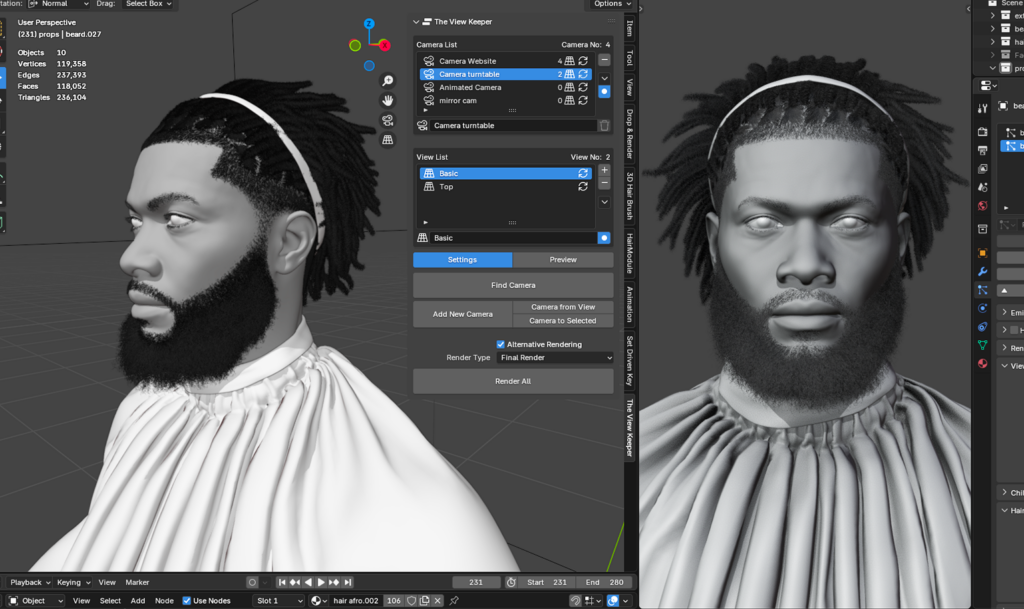
Product Innovation
More products are being made to meet the needs of Black hair. New formulas are focused on moisture and protection, using ingredients that help with dryness and breakage. From sulfate-free shampoos to rich deep conditioners and leave-ins, the goal is to keep natural hair healthy and strong.
Inclusive Representation in Media
Representation in media is helping reshape how Black hair is shown in fashion, film, and advertising. More brands are starting to feature real diversity, which means seeing a wider range of styles on screen and in ads. This visibility helps people feel seen and increases the demand for products made for Black hair.
Cultural Renaissance
There is a growing movement of people bringing back traditional and natural styles as a form of empowerment. Natural hair movements are encouraging people to wear their textures with pride. This shift is about more than how hair looks. It’s about honoring history, showing identity, and rejecting outdated beauty standards.
Sustainability and Ethical Practices
More people are asking for hair care products that are good for the planet. Brands are starting to use better ingredients and eco-friendly packaging. This is making sustainable options more common in Black hair care.
Customization and Personalization
Hair care is moving away from one-size-fits-all solutions. With tools like genetic testing and AI, people can get product suggestions and styling advice made just for their hair type and routine. This personalized care is changing how people manage and style their hair.
Community and Social Media Influence
Social media continues to shape what’s next in Black hair. Platforms like Instagram, TikTok, and YouTube are filled with tutorials, reviews, and stories. These communities share knowledge, give inspiration, and push new styles forward, making sure creativity and culture stay at the center of what’s next.

Common Questions
- What are the most popular Black hairstyles?
Afros, box braids, twists, cornrows, locs, Bantu knots, and tapered cuts are some of the top styles. - Why are Black hairstyles culturally important?
Black hairstyles reflect history, identity, and pride. Many styles carry deep cultural meaning and show resistance to old beauty standards. - How do I choose the best Black hairstyle for my face shape?
Match styles to your face shape. For example, round faces benefit from volume on top, while square faces work well with soft curls. - What is the easiest Black hairstyle to maintain?
Tapered cuts and locs are low-maintenance. Protective styles like braids also help cut down daily styling time. - How often should I moisturize Black hair?
Daily or every few days, depending on dryness. Use leave-in conditioners, oils, and creams to keep hair hydrated. - What are protective styles for Black hair?
Protective styles like braids, twists, and updos help prevent damage and keep hair healthy by locking in moisture. - Can I do Black hairstyles at home or should I see a stylist?
DIY works for simple styles, but a pro is best for complex looks like detailed cornrows, loc maintenance, or event updos. - What products work best for natural Black hair?
Look for sulfate-free shampoos, deep conditioners, oils, and creams designed for moisture and protection. - How do celebrities influence Black hair trends?
Stars like Beyoncé, Lupita Nyong’o, and Michael B. Jordan set trends by showcasing natural, creative, and protective styles. - What’s next for Black hairstyles?
Tech tools, custom products, and cultural pride are driving fresh trends, along with a focus on sustainability and inclusivity.
Conclusion: Embracing and Owning Your Unique Style
Black hair is a strong symbol of identity, creativity, and history. With so many styles whether it’s natural afros, braids, tapered cuts, or detailed updos there’s no single way to define beauty. Every style has its own meaning, shaped by culture, personal expression, and history.
This guide has highlighted the wide range of Black hairstyle options, showing that your choice of style should always reflect who you are. Whether you wear a classic afro, a twist out, or a bold Bantu knot updo, the most important thing is finding what feels right for you. Your hair should match your personality, fit your lifestyle, and honor your roots.
Knowing the textures, history, and cultural meaning of Black hair helps you make choices that celebrate who you are. With new technology and a growing focus on inclusivity, Black hairstyles are only becoming more recognized and appreciated whether in everyday life or high fashion.
As you continue your hair journey, remember that your style is part of your story. Try new things, take ideas from both tradition and modern trends, and never hold back from showing the world who you are. Black hairstyles will keep changing and growing, but what stays the same is their power to make an impact and tell a story.
